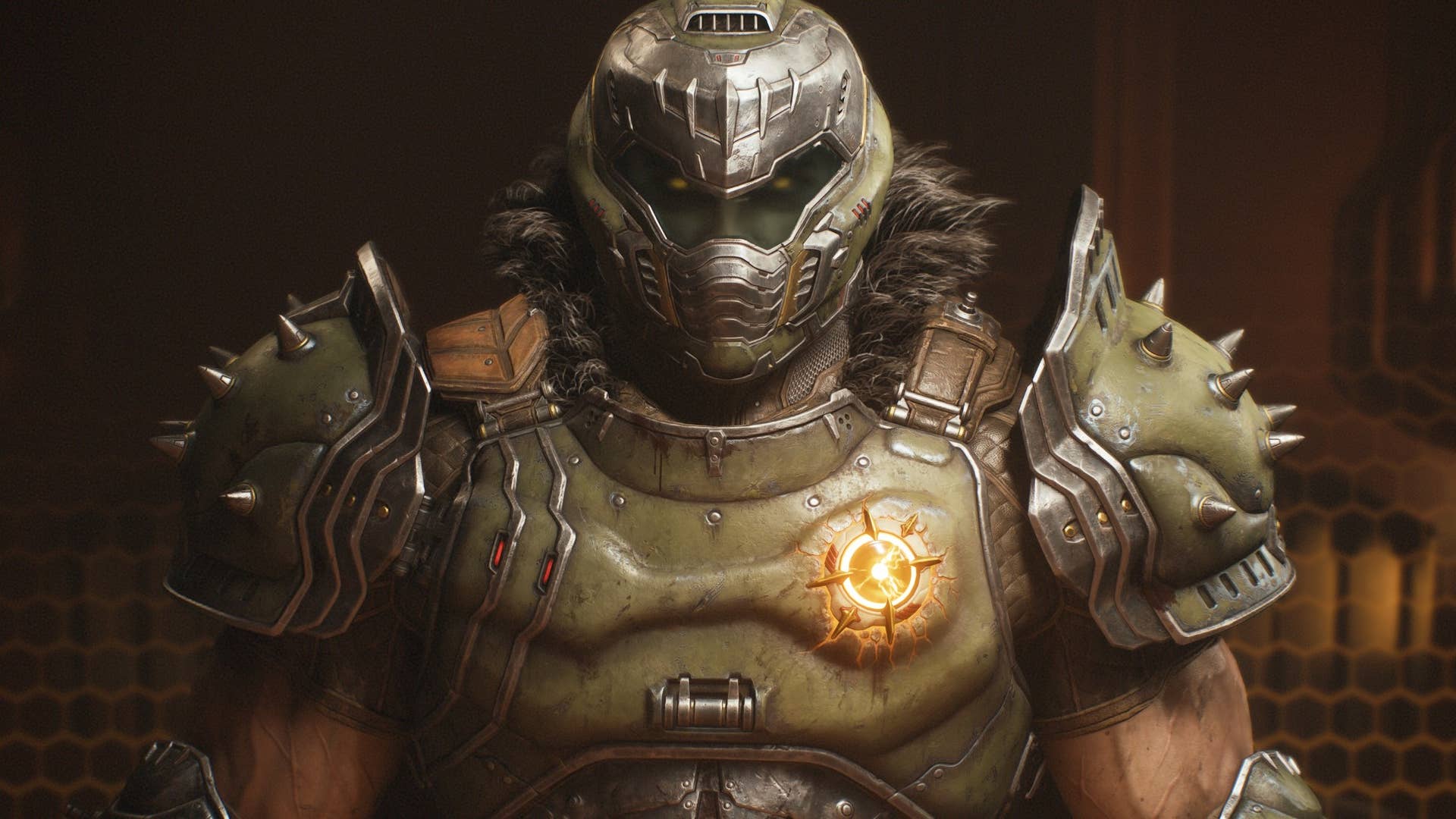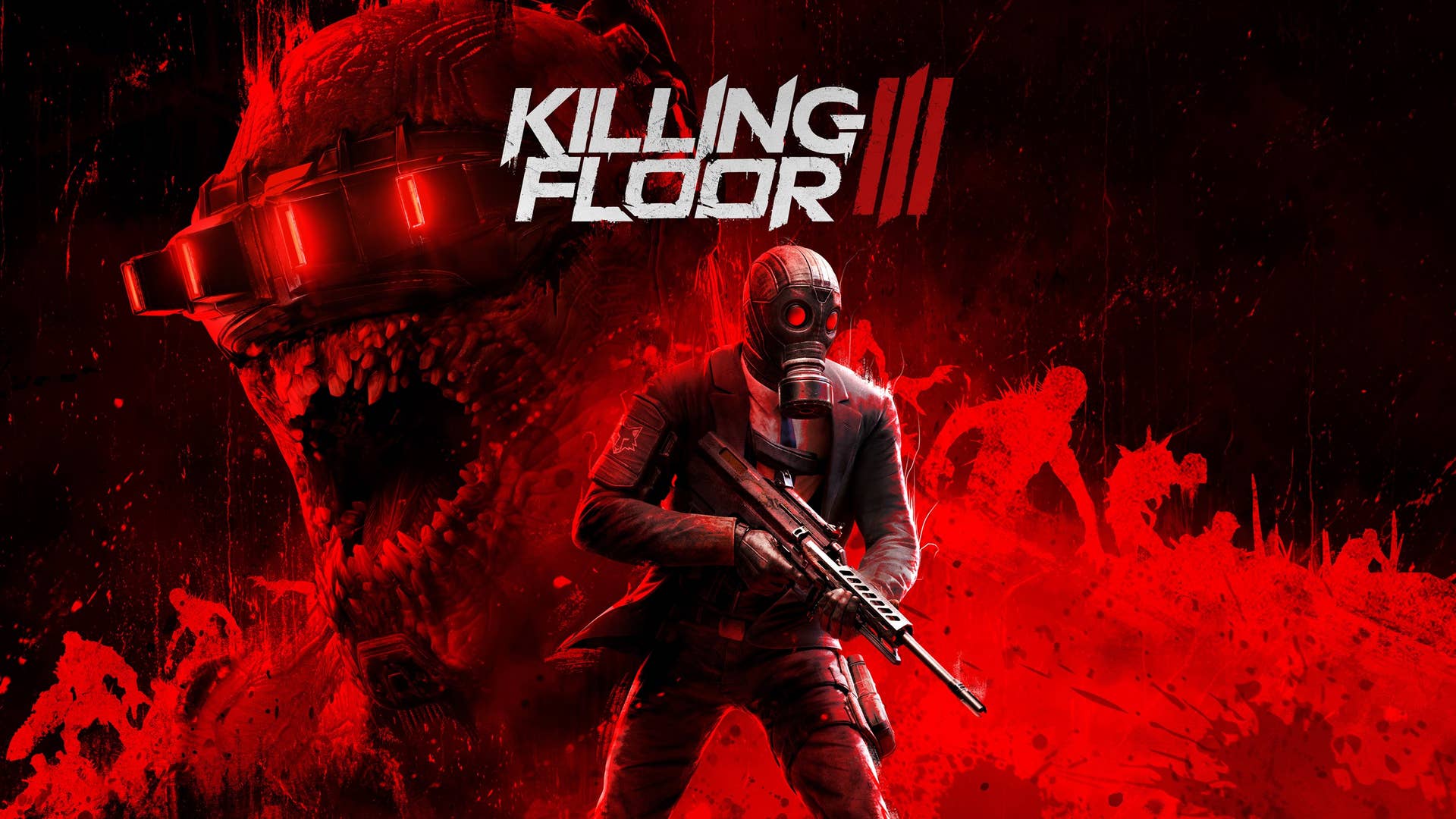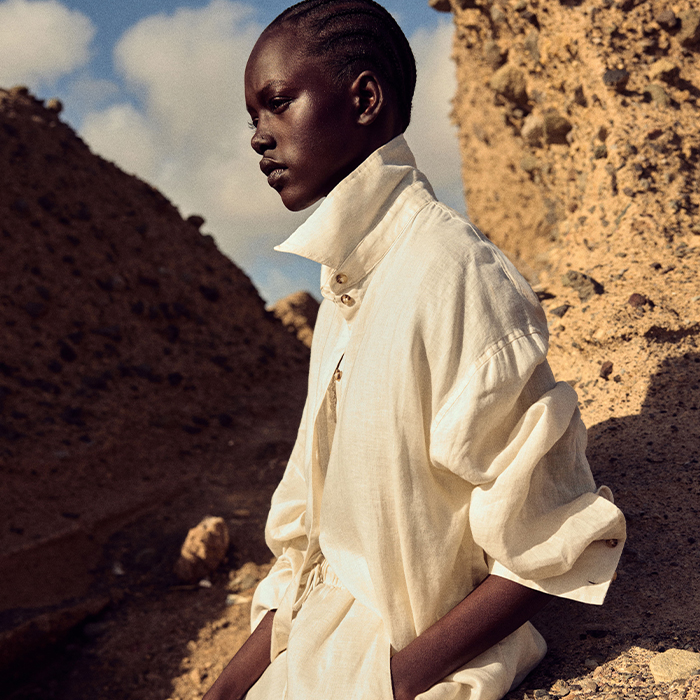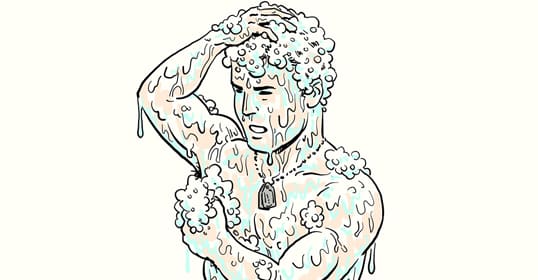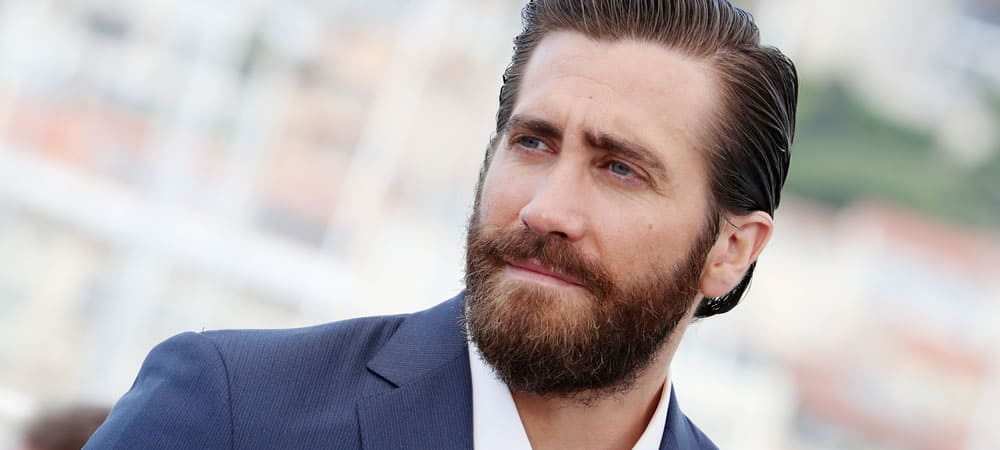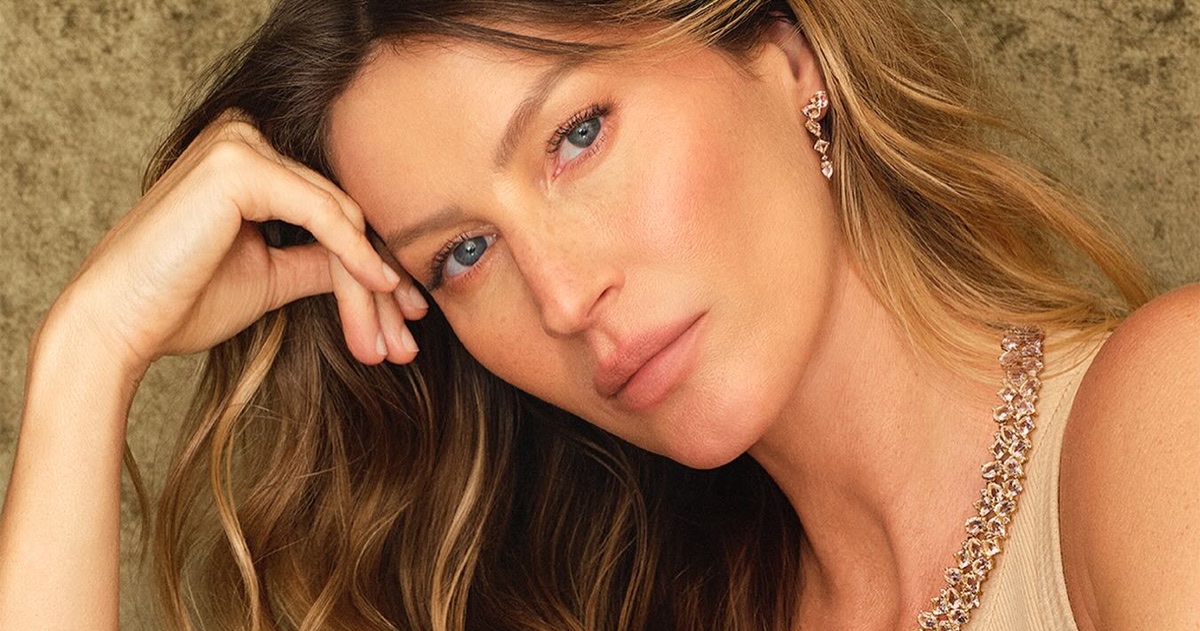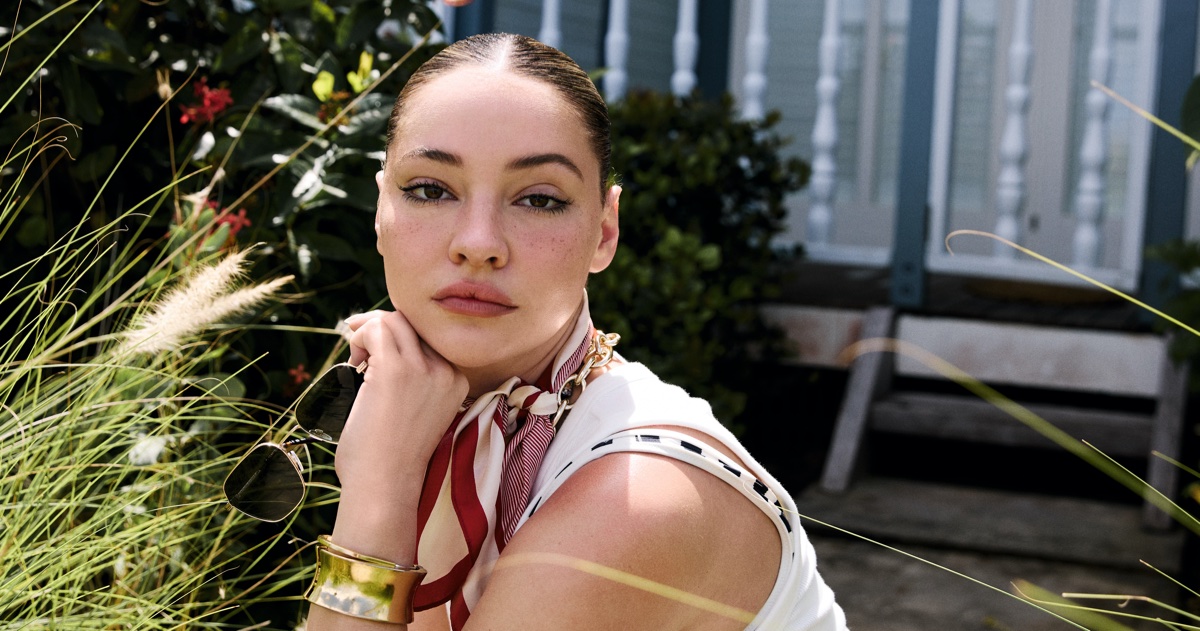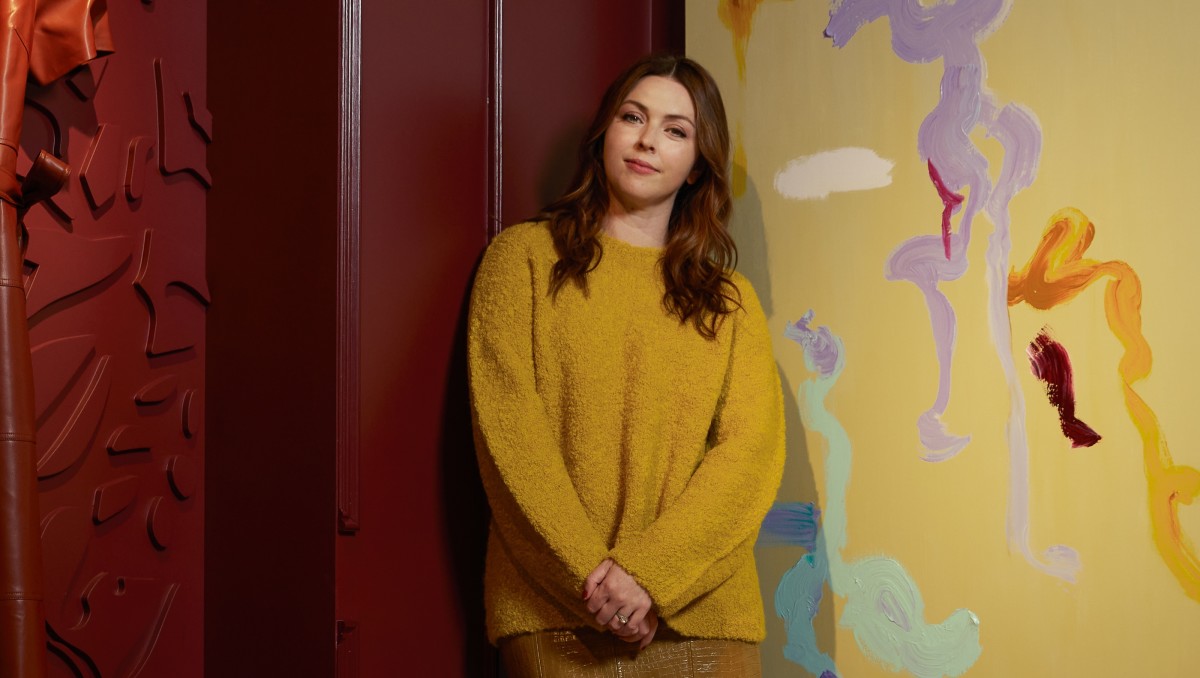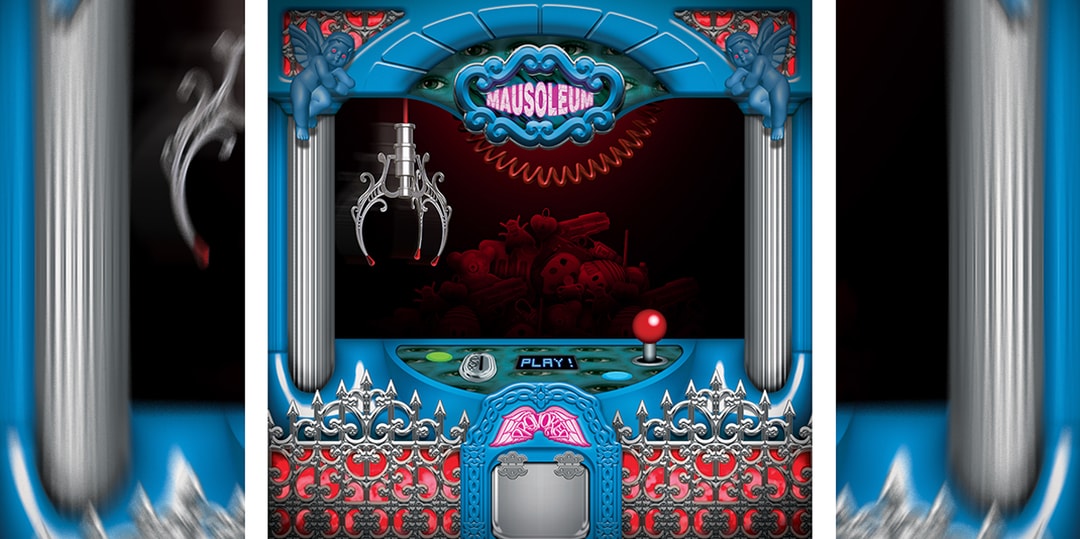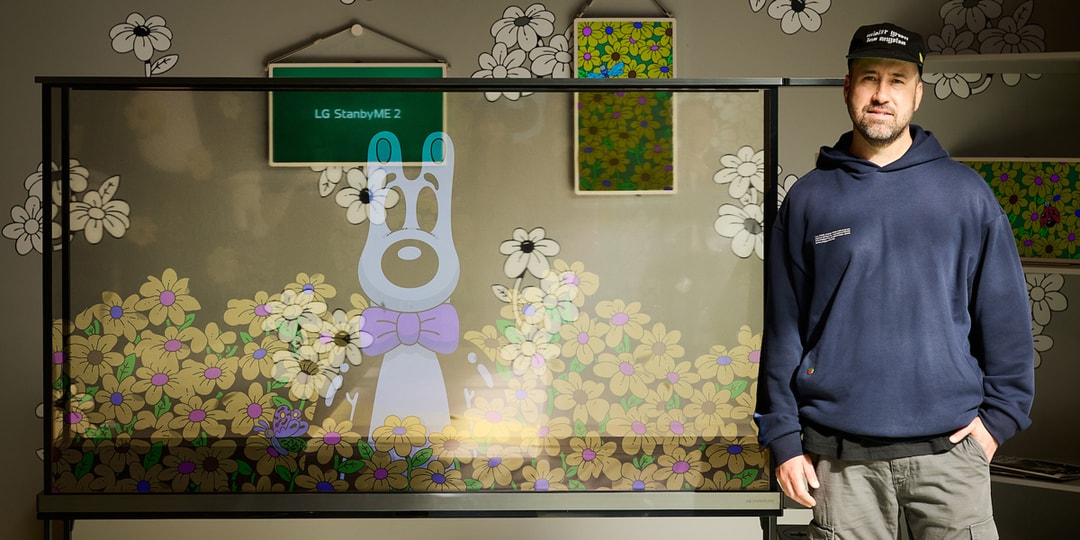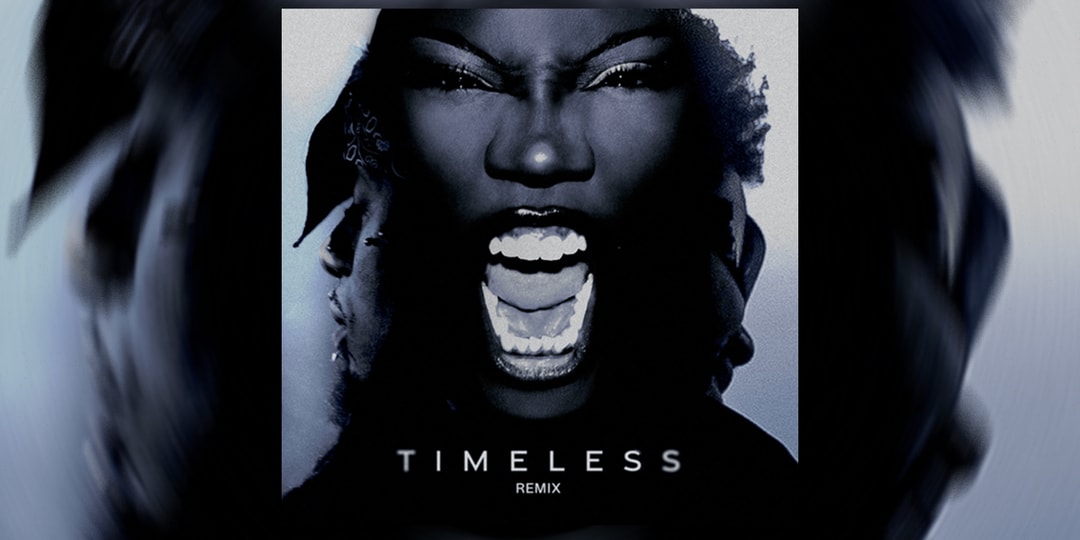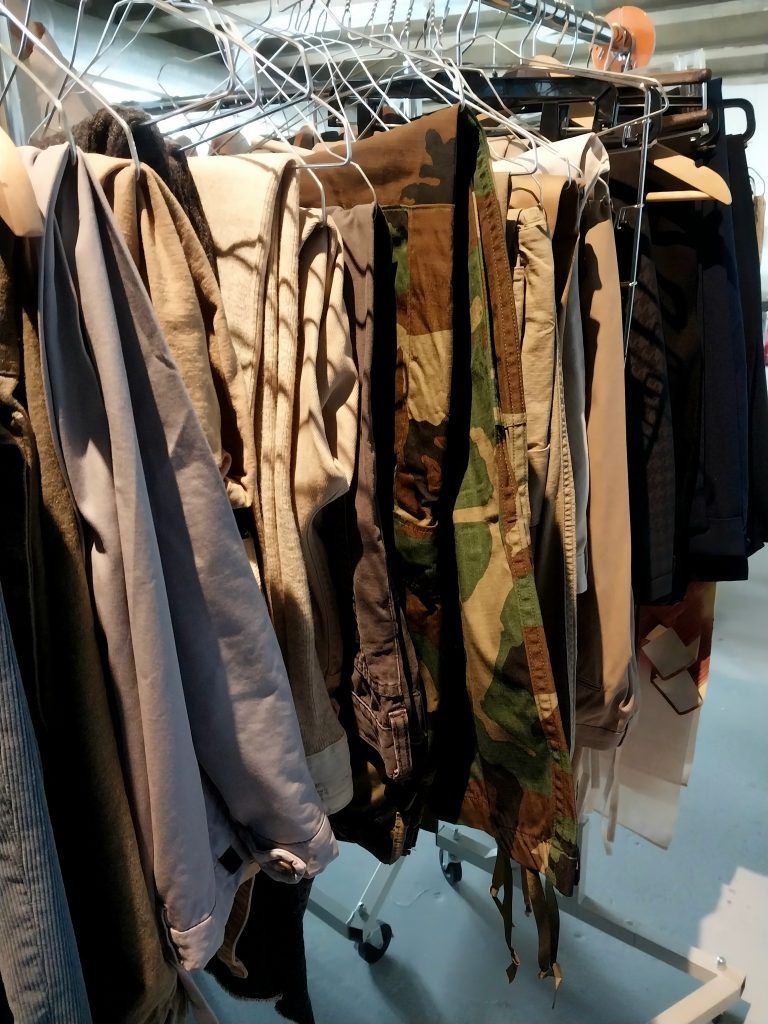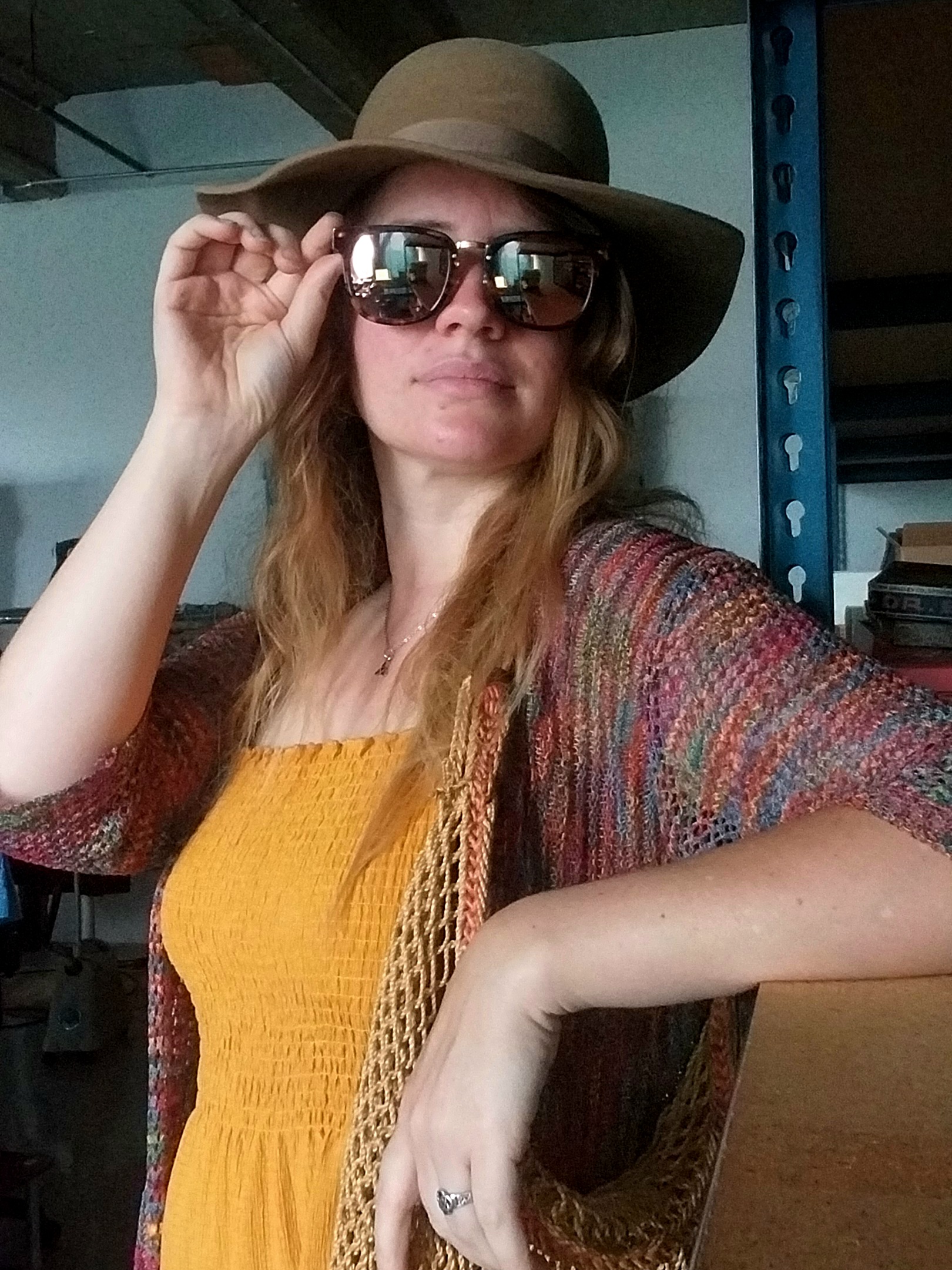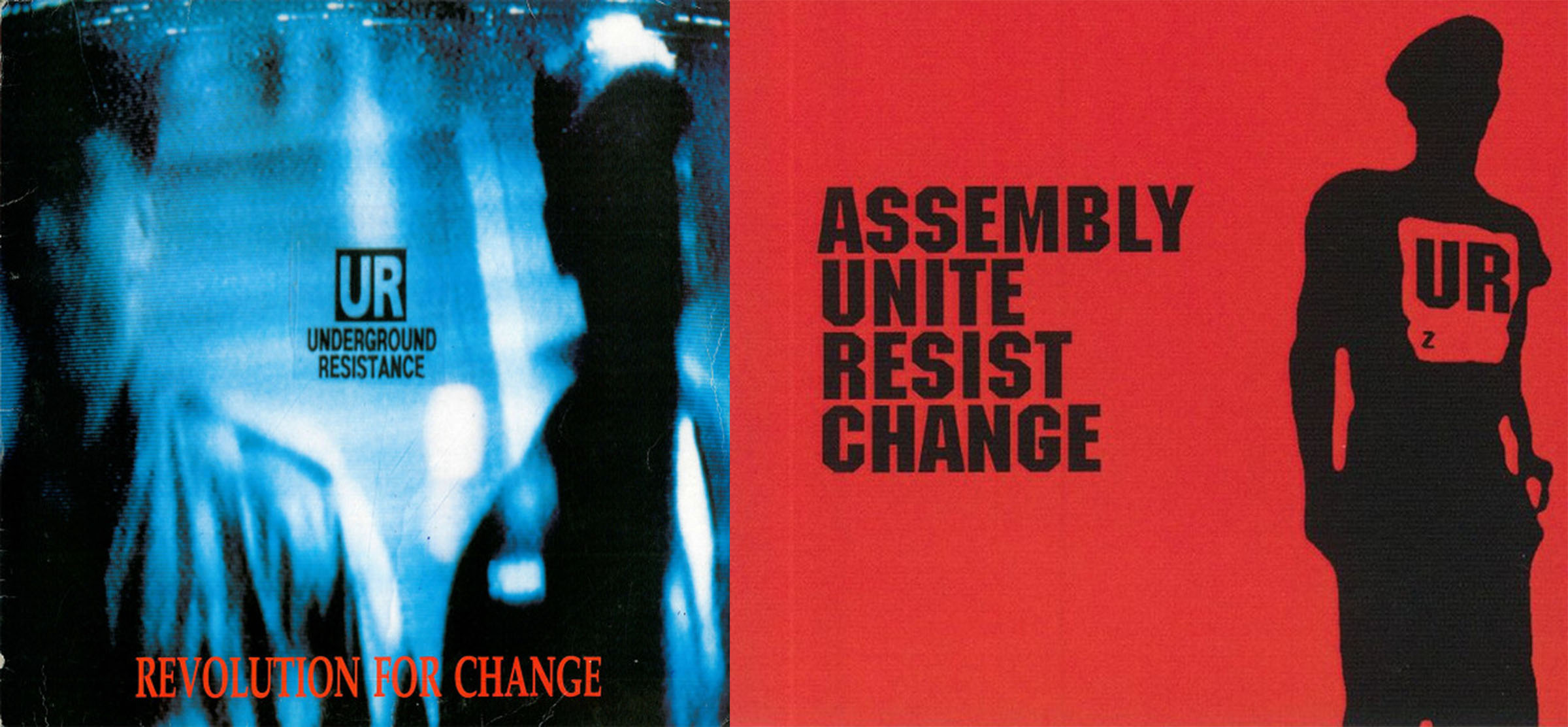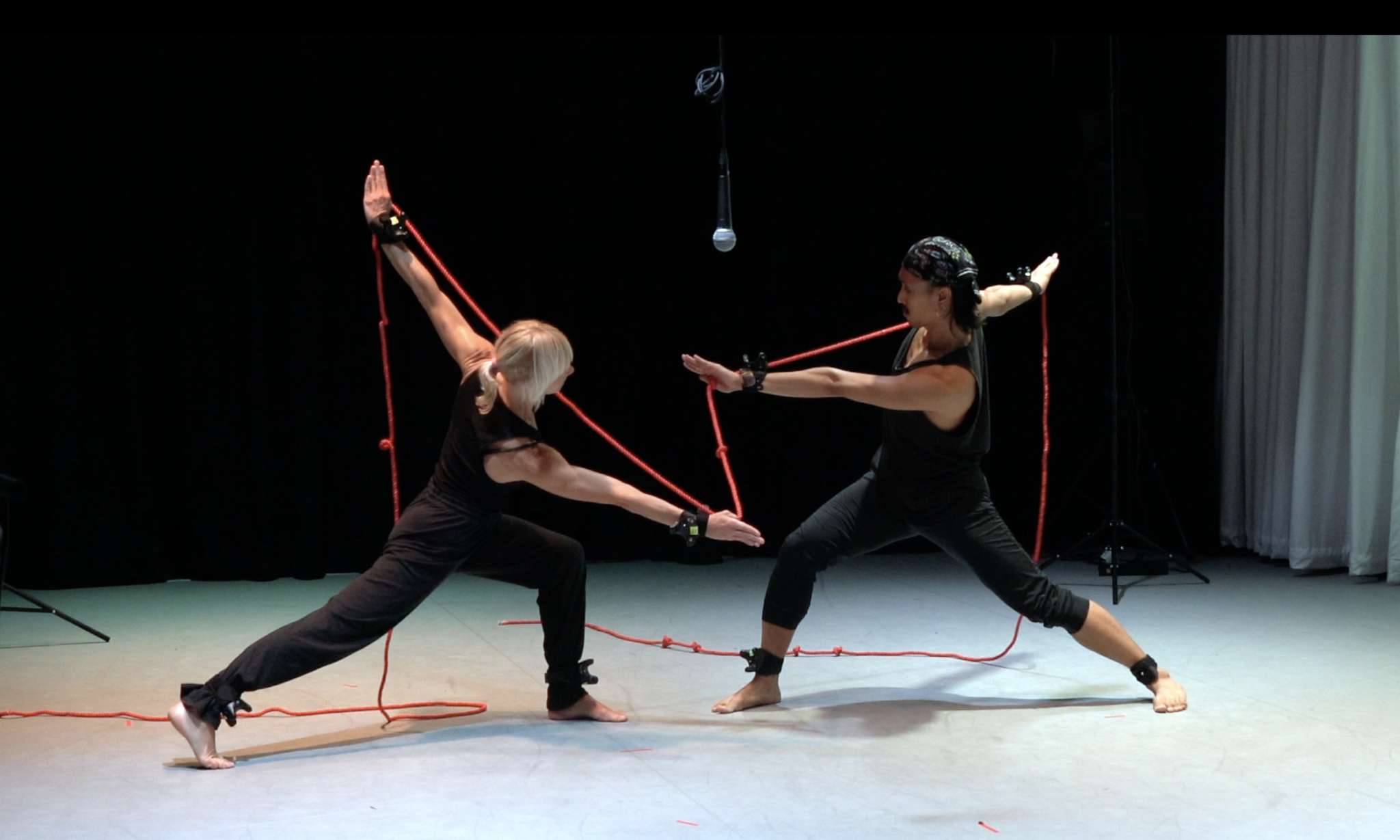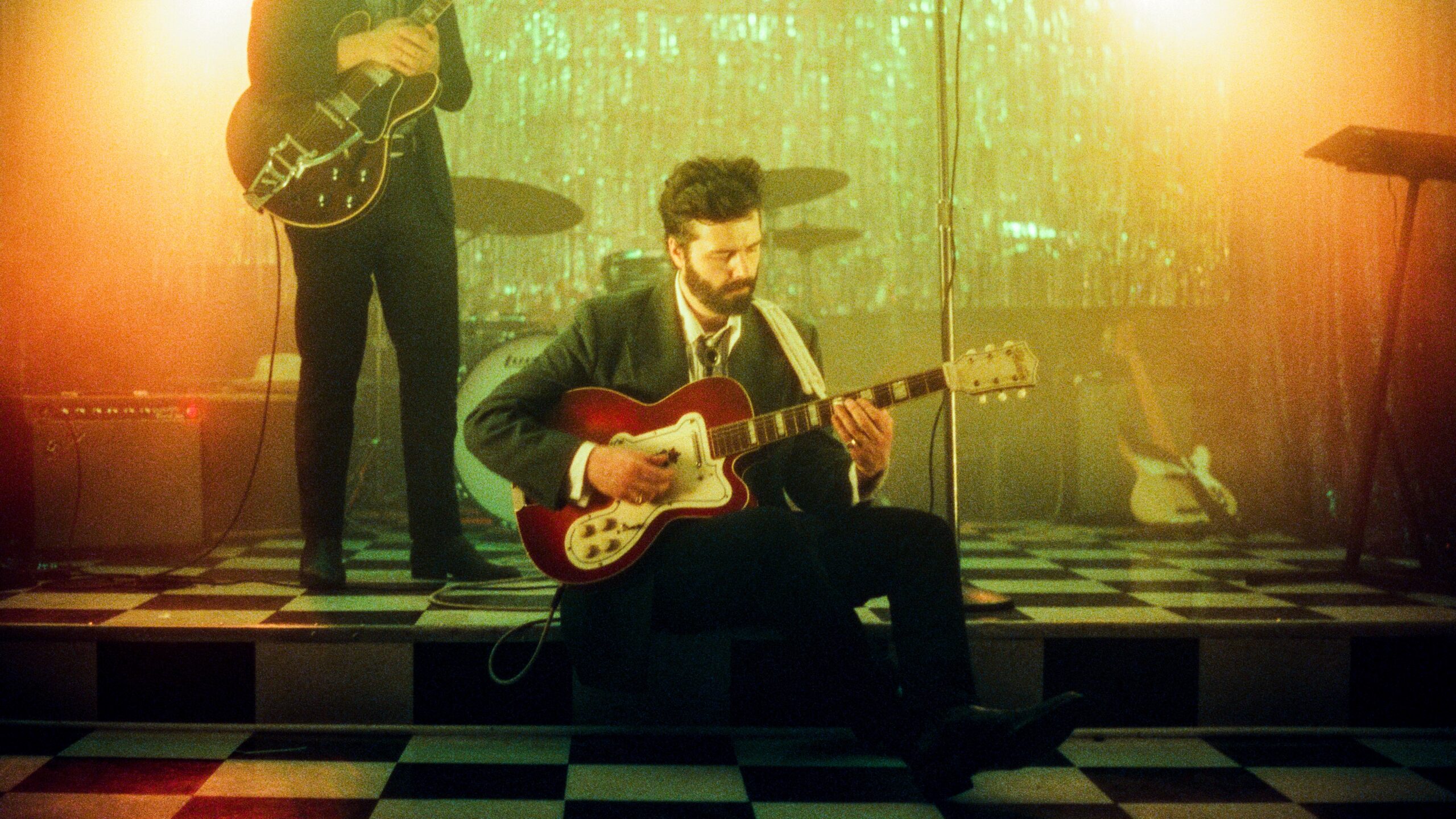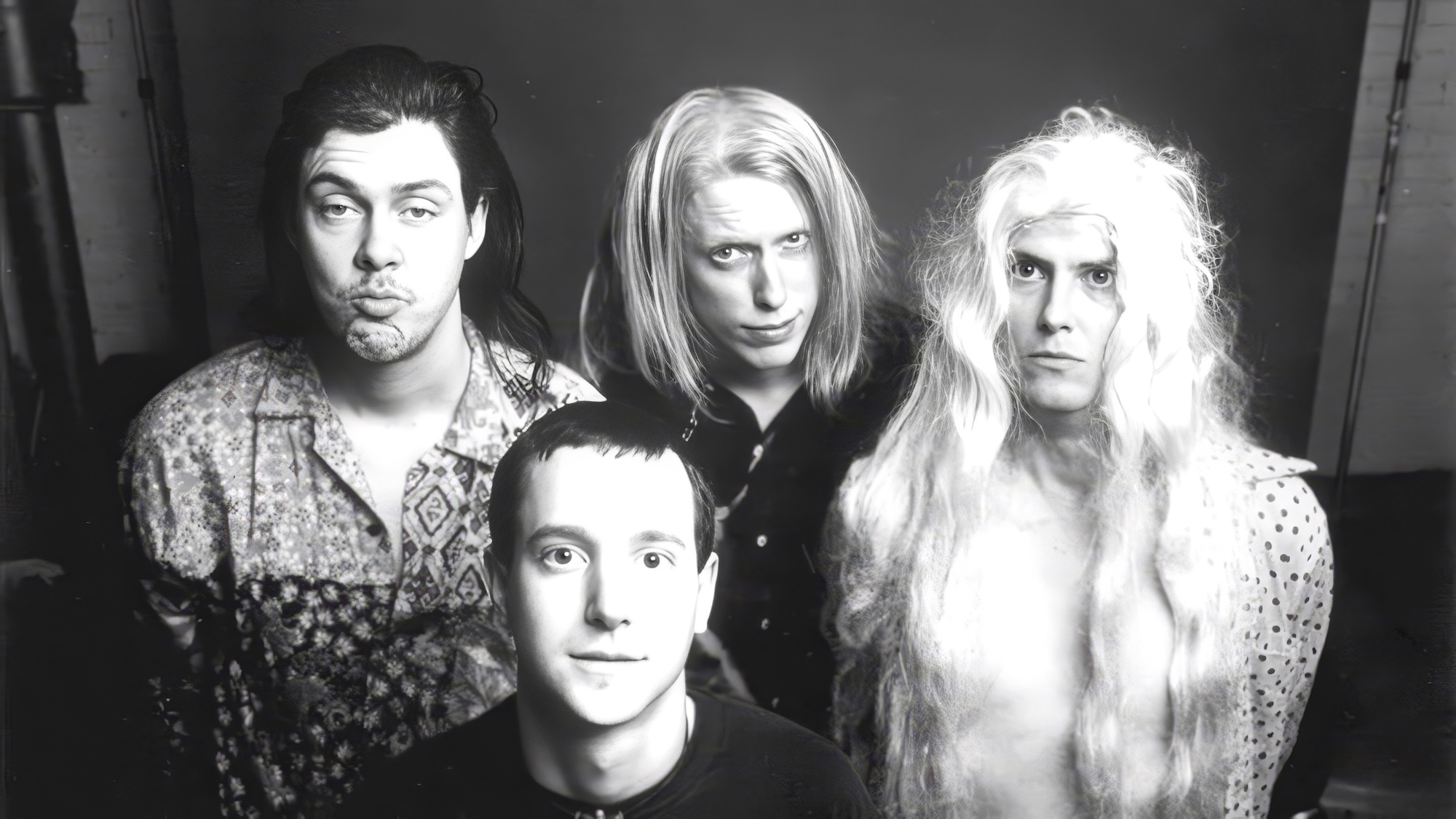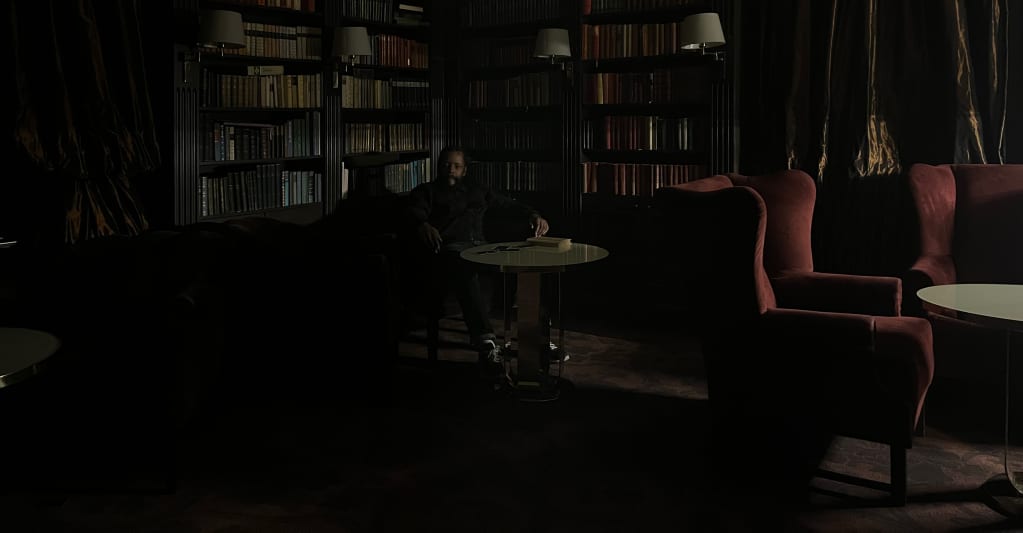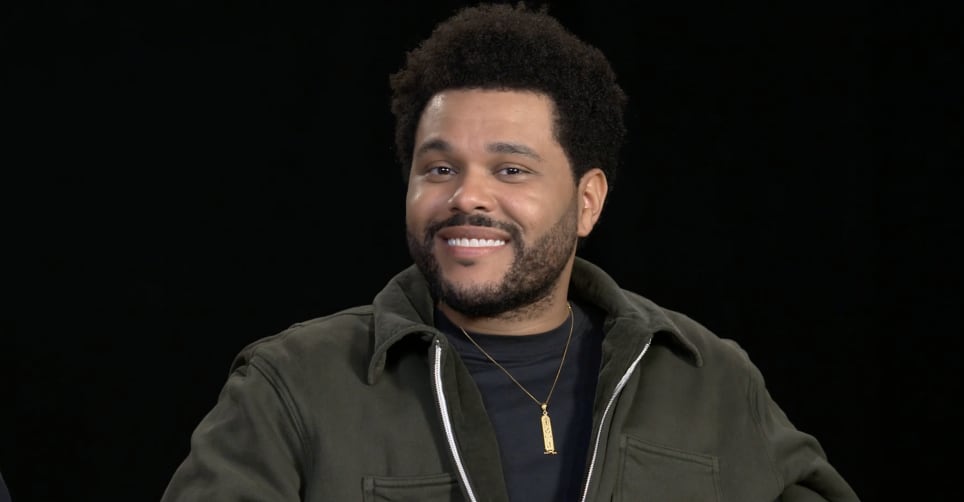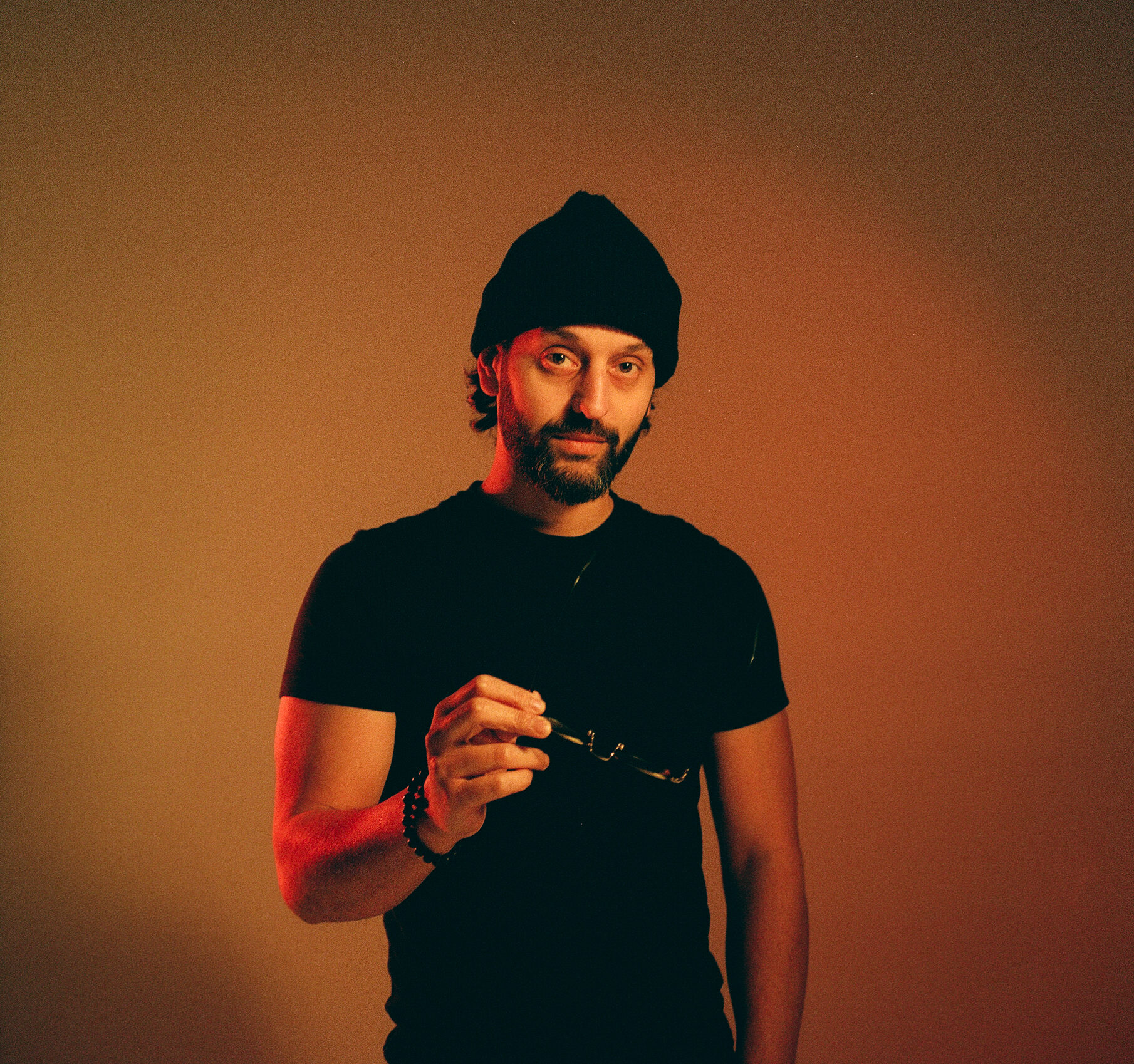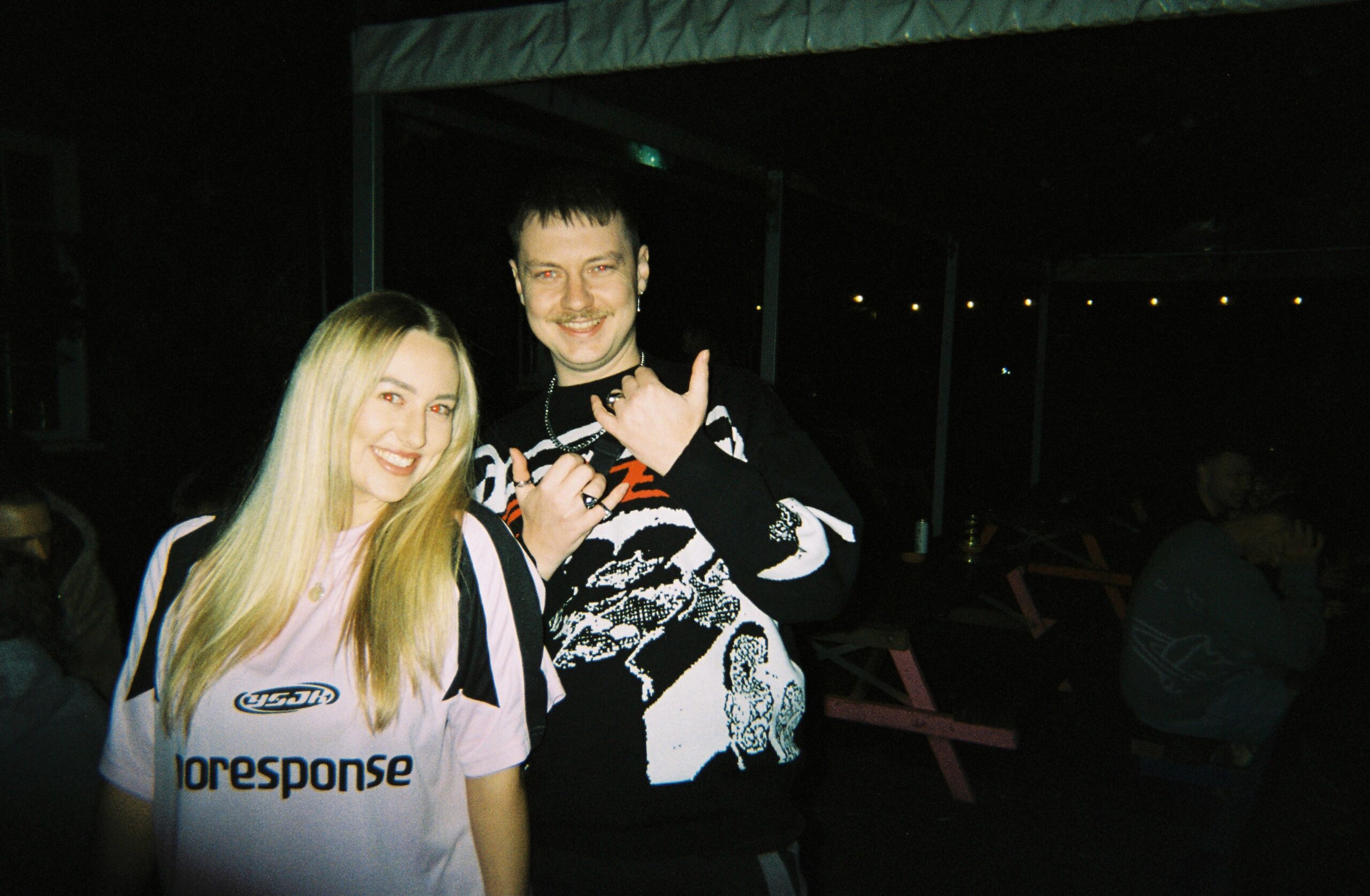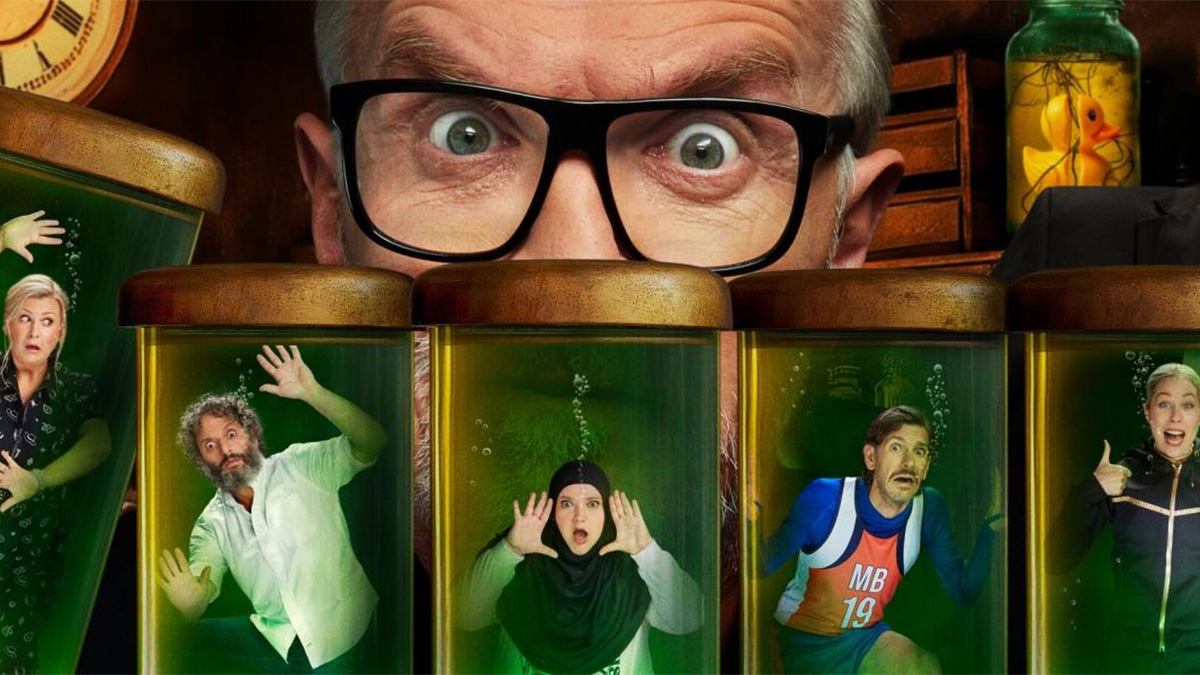Blood of Zeus’ Showrunners Get Candid About Original Ending Plan and What Comes Next
This contains serious spoilers for all of Blood of Zeus season 3. Blood of Zeus carefully crafts a tragic action epic that remixes Greek mythology to resonate just as strongly with animation fans and action aficionados as it does with the Greek mythology crowd. The frayed relationship between Heron and Seraphim has always been essential […] The post Blood of Zeus’ Showrunners Get Candid About Original Ending Plan and What Comes Next appeared first on Den of Geek.

This contains serious spoilers for all of Blood of Zeus season 3.
Blood of Zeus carefully crafts a tragic action epic that remixes Greek mythology to resonate just as strongly with animation fans and action aficionados as it does with the Greek mythology crowd. The frayed relationship between Heron and Seraphim has always been essential to the series, but it reaches new heights in Blood of Zeus’ concluding season, which builds to all-out Armageddon. Those who have been drawn into Blood of Zeus’ mature action sequences, emotional storytelling, and fantastical monsters will not be disappointed in these final episodes. A lot of work has clearly gone into this season to make sure the Netflix series receives an exit that’s worthy of a hero.
As Blood of Zeus comes to a close, series’ creators Charley and Vlas Parlapanides get candid about finding closure for these characters’ stories, the circumstances behind the epic final battle and fallout, and how this journey would have differed if Blood of Zeus was allowed to stick to its original five-season plan.
DEN OF GEEK: You’ve previously spoken about Blood of Zeus having a five-season plan, but this vision clearly shifted to a three-year story. Can you open up about what would have been expanded upon in that original vision and what had to change or get cut?
VLAS PARLAPANIDES: Absolutely. In our original five-season plan for Blood of Zeus, we had hoped to dive much deeper into several character arcs, especially Seraphim’s. We wanted to spend more time exploring his growth, showing how adversity shapes him while still staying true to the core of who he is. From where he started in the series, the plan was always to bring him to a better place, emotionally and morally. We believe everyone has the capacity to grow, even through darkness, and Seraphim’s journey was going to reflect that.
We also had bigger plans for the priestess. We were going to explore her complex and sordid past before she became a priestess, and that backstory would’ve added more depth to her relationship with Seraphim, a dynamic we really wanted to expand. And we were going to spend more time with them.
On a larger mythological scale, we had envisioned Cronus surviving the battle at the end of season three, which would have allowed us to explore more of the Titans. That arc would’ve culminated in an epic, large-scale battle between the Titans and Gods at Mount Othrys, something we were very excited about. Ultimately, with the story shifting to a three-season arc, we had to condense or trim some of those threads. But those elements, especially the emotional evolution of Seraphim and the mystery of the Priestess remain close to our hearts.
CHARLEY PARLAPANIDES: And to be clear, we’re incredibly grateful to Netflix for giving us the opportunity to complete this version of the story. Yes, we had a different ending written and boarded for season three, and yes, we had hoped the show would continue. But when Netflix made the decision to conclude the series, they gave us the time, support, and resources needed to craft a proper ending. That was a first-class move, and we’ll always be thankful to them for it.
Of course, both we and many fans would’ve loved to see the story continue. We had plans to visit Atlantis and Poseidon’s domain in season three, as well as the epic final war between the Titans and Gods Vlas mentioned. The season 5 arc was going to explore an original Armageddon story we cooked up for the Olympians, something we’ve never seen in Greek mythology. It would be tied to something Cronus did out of spite before he was defeated. Greek Mythology doesn’t really have an “end times” story and we thought that would be cool to explore.
But we’re at peace with how it turned out. We’re proud of all three seasons. We believe each one stands strong on its own, and we feel the series finale delivers a powerful conclusion, especially for the arc between Heron and Seraphim, which has always been the emotional core of the show. Bringing that to a close in a way that felt earned and true meant everything to us.
On that note, was Heron’s immediate resurrection always the plan for what was next after season two’s finale or was that something that was expedited once this became the show’s final season? How would Heron’s journey have differed?
VP: That’s a great question. We always hoped to spend more time with Heron, to really let his character evolve over time. One of our biggest goals was to explore the relationship between the brothers. We wanted to take them from a place of deep mistrust, even hatred, to a place where, by the end, they would be willing to die for one another. That kind of transformation had to feel gradual and earned, and we were looking forward to telling that arc across multiple seasons.
That said, the plan was always for Heron to sacrifice himself. The difference is, if we had more time, it would’ve happened later, after more growth, more conflict, and more healing between him and Seraphim. Heron was always going to realize that Seraphim was the one the prophecy truly pointed to. And he was always going to make the unselfish choice: to lay down his life so that his brother could step into who he was meant to become, and in doing so, save countless others. With the show concluding in this third season, we expedited that arc but the emotional core of Heron’s journey remained intact.
CP: As Vlas mentioned, we always knew that Heron would ultimately sacrifice himself for the greater good and that his selflessness would be a catalyst for Seraphim to change course. Originally, we had planned for that moment to close out season 4, but we had to move it forward when the series was condensed. We understand some viewers might be surprised by the number of characters’ deaths in this final season, but once Typhon, Cronus, and the Titans were unleashed, we felt the stakes demanded real sacrifice. That kind of overwhelming threat couldn’t be resolved without loss. Truthfully, we’ve always struggled with stories that present massive, world-shattering battles, only for all the main heroes to walk away unscathed. That’s not how it works, not in real life. War brings chaos, death, and sacrifice. When you’re facing an overwhelming aggressor, sometimes the only path forward is to fight back, no matter the cost. But there is loss, which is why we must honor the fallen and appreciate their sacrifice, which is what we hope comes across there.
Also, Heron’s relationship with Alexia was another casualty of the accelerated timeline. What we had hoped to explore over a longer arc had to be distilled into a flash-forward, one that, in many ways, heightens the tragedy. Heron sacrifices not just his life, but the future he could have had with her, in order to ensure Zeus’s liberation and the salvation of their world. That moment was inspired by a passage from With the Old Breed, a memoir chronicling the brutal Pacific campaigns of WWII. The author wrote of young Marines who gave up every future milestone, marriage, family, growing old, for a cause greater than themselves. We saw Heron’s sacrifice in that same light.
Seraphim has always been one of Blood of Zeus’ most interesting characters who has evolved far beyond his initial role as a villain. Talk a little about exploring this rewarding evolution, taking Seraphim down this path, and bringing this arc to fruition by the end of this season?
VP: Seraphim’s arc has always been one of the most rewarding aspects of Blood of Zeus for us to explore. From the beginning, we were interested in showing that he wasn’t just a villain, but a deeply wounded character shaped by betrayal, abandonment, and loss.
What made writing Seraphim so much fun was the opportunity to show how someone broken by the world could still find the strength to change. His evolution wasn’t about becoming perfect, it was about becoming better. We wanted to show that redemption isn’t clean or easy, and that sometimes the most powerful transformation is simply choosing to be better than the pain you’ve carried.
Bringing that arc to fruition this season was rewarding for us. We always knew that Seraphim’s journey was leading to a place of selflessness, that he would have the chance to be the hero, not because he was born to it, but because he earned it. Watching him step into that space, especially in contrast to where he started, felt like the emotional spine of the season. It’s about healing, forgiveness, and rising above the scars, and Seraphim’s journey captured that.
CP: We also loved how Seraphim serves as a dramatic foil to Heron. Heron is the classic, archetypal hero, very much in the tradition of Joseph Campbell’s Hero with a Thousand Faces. Even his name, Heron, literally means “hero” In contrast, Seraphim’s name translates to “the burned one” or “the scarred one.” He’s Heron’s opposite in every way, his shadow and their clash in season one reflects that. By season two, their dynamic begins to shift, but they’re still moving from opposite directions. Heron is driven by altruism, trying to bring order to a world in chaos.
Seraphim, meanwhile, is both surrounded by and generating chaos in the Underworld. But unlike Heron’s broad mission, Seraphim’s focus narrows to a single person: the priestess Gorgo. He doesn’t care if the world burns, as long as he can save her. Then, their paths literally cross and that moment becomes a turning point. Something shifts. From there, the foundation is laid for a deeper connection, for the possibility of common ground. You see the first glimpse of that at the end of season two, and we carried that thread forward into season three.
Was it important to build to a finale where not just Heron gets to be a hero, but also Seraphim, and even Hades? It’s really beautiful to watch everyone work together, truly as a team.
VP: Absolutely, that was incredibly important to us. From the start, we wanted the finale to be about more than just one hero. It was about showing that growth, redemption, and strength can come from many different places, even from characters who started out on opposite sides. Giving Seraphim his moment, letting Hades step into the light in his own way, and allowing all these characters to come together was by design and for us emotionally satisfying.
We love stories where unlikely allies find common ground, and we wanted the ending to reflect that kind of unity, not just in battle, but in spirit. It’s easy to show characters fighting alone. It’s more powerful when they choose to fight together.
CP: Totally agree. Them coming together and both being heroes was something we felt was very important and it’s great that you caught that. For us, the bond between Heron and Seraphim and them working together was a story point we wanted to reach. That said, while they are both heroes, Heron is the forerunner for Seraphim. That’s why they each got a “hero moment” in the finale, a moment where each would shine, with Heron’s coming first. And in the grand scheme of the five-season version of the show, we wanted to get to a similar place with Zeus, Poseidon, and Hades.
While we couldn’t do that, at the very least we wanted to give Hades a win after his actions at the end of season two. If we’re being completely honest, Hades is one of our favorite characters and we wanted to make sure we had a great exit point for him in the series, even with the reduced timeline.
Hades’ growth this final season was another unexpected delight. The ways in which he changes and where he’s at when the series ends is really beautiful. Why did you want to give Hades such a redemption arc this season and make the audience root for him?
VP: Giving Hades a redemption arc was something we felt strongly about. He’s a character who’s so often misunderstood or misrepresented, even in mythology, and we wanted to peel back the layers and show the person beneath the crown of the Underworld.
We thought it would be powerful to take someone who had been seen as morally gray and show that he’s capable of compassion and sacrifice. Letting the audience root for Hades, to see him rise up from where we left off with him in season three made his arc one of the most unexpectedly emotional journeys of the season and one we’re proud of.
CP: It was also important to us to show that being the god of the Underworld doesn’t make Hades inherently evil. In fact, in many myths, he’s actually one of the more rational and fair-minded gods. He just happened to draw the short straw when he and his brothers divided up the realms. That said, the traditional myth of how Hades meets Persephone is, to put it mildly, deeply problematic. Initially, we thought we couldn’t ignore that.
At the same time, because Zeus and Hera’s relationship is already so toxic in our story and in mythology, we didn’t want to mirror that dynamic again. That’s why we felt it was important to take a different approach with Hades and Persephone. He just takes the love he has for her too far. But again, we love Hades and wanted to give him a win before the series concluded.
Blood of Zeus is full of accomplished actors, but this season introduces Alfred Molina as Cronus, who is just incredible here. Why was Molina right for this grandiose, antagonistic role and how did he connect with this pained character?
VP: We have the most amazing cast! Everyone is super talented. And Alfred Molina was perfect for Cronus. From the very beginning, we knew we needed someone who could bring both gravitas, emotional truth and vulnerability to the role. Cronus is a massive, godlike presence, but he’s also a deeply wounded character, someone who has been betrayed, imprisoned, and forgotten. There’s a tragic nobility to him, and Alfred brought all of that and more.
What made Alfred so compelling in this role is his ability to convey strength and sorrow in the same breath. He never played Cronus as just a villain. He found the pain, the history, the regret. He gave the character emotional depth that really elevated the performance and added layers to every scene he was in. His voice, his instincts, and his presence made Cronus unforgettable, and we couldn’t be more grateful to have him on board.
CP: When our casting director, Meredith Layne, suggested Alfred for the role of Cronus, it instantly felt right. We already knew he was an exceptional actor, but he still managed to exceed even our highest expectations. Alfred is truly one of the greats across theater, film, and television. And while Cronus is the central villain of season 3, he doesn’t appear heavily outside of episodes two and three. With Typhon causing chaos and the Heron and Seraphim arc unfolding during the back half of the season, we needed someone who could make a massive impact with limited screen time.
Alfred was the clear choice. He’s got arguably the greatest one-scene role in movie history, in Boogie Nights. In just a few minutes, he goes from a lonely party guy, looking to score to a shotgun-wielding maniac. It’s a masterclass in a single sequence. That range, that intensity, it’s what made him perfect for Cronus. Plus, the role also demanded someone with real classical training, especially with a couple of long, weighty monologues. Alfred absolutely delivered. He put on a clinic in those sessions, it was mesmerizing to watch.
Three seasons in, is it challenging to continually push Blood of Zeus’ action to new heights instead of just repeating the same battle choreography and ideas that have previously worked? This season’s battles really show off the Titans in new ways, for instance.
CP: It’s always a challenge, but more often than not, it comes down to what the production team can physically pull off. The great thing about staging action in the world of Greek mythology is that the sandbox is huge, you’ve got endless creative possibilities. One idea we were really excited about but couldn’t implement because the production team was already stretched to the limit was giving Cronus the ability to manipulate time. Since he’s the Titan of Time, we thought it would be cool if he carried an hourglass. If you attacked him and managed to land a hit, he could flip the hourglass and rewind time. Then, when things returned to the present, he’d already know your move and block it. It was a cool concept, but ultimately it was one ask too many from a production standpoint.
So yes, we’re constantly trying to invent new kinds of action and avoid repeating ourselves. But the upside is, because these Gods and Titans essentially have superpowers, it opens the door to so many creative choices. The action with human characters was always more challenging.
This ending is basically the polar opposite of season two’s conclusion, where all the Gods work together and truly forgive and celebrate one another. Did you always know that you were building to this point and did you want season two’s finale to feel like this darkest moment inverse to where you were headed?
CP: From the start, we knew we wanted season two to end on a low point, a moment where it truly feels like all is lost. The idea was that, in order to ultimately defeat Typhon, Cronus, and the Titans, the Olympians would have to do the one thing they’ve struggled with the entire series: unite. We originally thought that arc would take two full seasons to earn, but in the end, we found a way to make that transformation land within just one. In some ways, we ended up following the trilogy format that Star Wars established, where the end of the second movie is darker and it feels like evil has won. We’ve always approached each season like a self-contained movie, structurally. So maybe, in the end, the Fates had their own plans, and we were always meant to be a trilogy after all.
VP: I would add that we had to truncate that arc once it became clear we would have to wrap things up in three seasons. After that, we knew we were building toward a finale where the Gods would come together in forgiveness and unity, but we had to earn it. Thankfully we did. And as Charley mentioned, season two’s ending was always designed to be a dark moment, fractured and painful, an emotional low point. That inverse you astutely mentioned ended up being important because it gave the final arc its weight. Without that deep fracture, the act of reconciliation and unity wouldn’t feel nearly as powerful or meaningful in my opinion.
Blood of Zeus concludes on a satisfying note, but there are still so many stories to tell with these characters. Netflix loves a good spinoff and continued universe. Who would be at the center of your Blood of Zeus spinoff and when would it be set?
CP: The world of Greek mythology is so rich, you could go in countless directions, there are just so many incredible characters to explore. Over time, we casually floated a few spinoff ideas to our Netflix execs, but to be honest, Netflix hasn’t had a great track record with animated spinoffs. They’d often point to those examples in our conversations, so it never really felt like a realistic path for our show. The one exception has been Castlevania, which did spin off Nocturne successfully. But that’s a unique case, Castlevania is deficit-financed by Frederator Studios, which makes it a very different financial equation for Netflix compared to our series, which is fully owned and financed by them. Again, that changes the calculus significantly.
If anything, I think we’d be better off launching an entirely new show set in the world of Greek mythology rather than trying to extend this one. That said, we did come up with a really compelling backstory for the priestess, Gorgo. From a story standpoint, that one had real potential. It could’ve been something very special, in my humble opinion.
Paul Edward-Francis does such great work with the series’ music, particularly whenever the choral chanting is present during epic battles. Can you elaborate at all on how this sound came together?
CP: Paul did an incredible job, often under some of the toughest time constraints imaginable. From the beginning, we tried to build a schedule that would give him enough time to properly score each episode, especially given how tight things were during season one. But unfortunately, our overseas animation studio consistently delivered late, and that delay always ate into Paul’s already limited scoring window. We felt terrible about that, but Paul never once complained. He just rose to the challenge and delivered phenomenal music, fast. He deserves a massive shoutout for that.
Paul was dealt a really difficult hand, and still knocked it out of the park every time. We’re forever grateful. And yes, we absolutely love the choral chanting Paul incorporated into the score. That was something Vlas really pushed for early on, and Paul completely understood the assignment. Once he and our season one supervising director, Shaunt Nigoghossian, established the musical tone of the series, Paul took it and ran. We always say there are a few key ingredients in Blood of Zeus’ “secret sauce” and Paul’s music is one of the most essential elements.
VS: From the very beginning, our conversations with Paul and Shaunt were centered around the score to Ben-Hur. We’ve always loved that film, and Paul immediately understood the tone and scale we were aiming for. But then he took it even further, bringing the music to places we never could have imagined. How he did that under the time constraints he had was a miracle. That’s a true testament to his talent.
What’s a moment from this final season that you’re particularly proud of and what’s your favorite sequence from the entire series now that Blood of Zeus has come to its end?
CP: Honestly, what I’m most proud of is the show as a whole, across all three seasons, including the series finale. That’s no small feat. We were listening to the Scriptnotes podcast the other day, and they had The Boys creator, Eric Kripke, on. He said he could count on one hand the number of good shows that nailed their series finale. And when we stopped to think about it… he’s right. It’s incredibly hard to stick the landing but we feel like we did. I also keep thinking about a line from Cocktail, where Tom Cruise’s character says, “Everything ends badly, otherwise it wouldn’t end.” And while we’re eternally grateful to Mr. Cruise for almost single-handedly saving the theatrical experience, I have to disagree with his character. Because this show, it ended beautifully. And we had a blast making it. We’ll always be proud of what we created, start to finish. It’s been an amazing seven years for Vlas and I. Now, we just hope that the critics and fans feel the same.
VP: I agree with that wholeheartedly! Another thing I’m very proud of is how the show has affected the people who’ve seen it. I’ll never forget a message we got from a critic after season one. She shared with us that the show helped her recognize how much anger she had been holding onto, and that it was hurting her. Watching Blood of Zeus helped her understand that, and more importantly, helped her begin to let that anger go. That stayed with me. If the show can help even one person see something in a new light, or take a step forward, somehow better themselves in some way, that is something I’m very proud of.
Lastly, I know that you’ve had aspirations to put together a Medusa dream project. Has that come any further along or were there any elements from that idea that found their way into Blood of Zeus‘ third season with the Titans? Are there any future projects that you can talk about?
VP: We’re really excited about a number of upcoming projects. One we’re especially passionate about is a Medusa project, completely separate from Blood of Zeus. We’ve taken one of the most iconic figures in Greek mythology and reimagined her story in a way that feels bold, unexpected, and uniquely our own. It’s a dream project that’s slowly starting to gain traction, though we can’t share specifics just yet. Definitely one to keep an eye on.
We also have several other projects in development across both the live-action and animation space. One of them is INK, a supernatural action-fantasy we’re launching as a comic in partnership with Heavy Metal Magazine. The first issue featuring INK will appear in their second issue, which will be released this July, and we couldn’t ask for better collaborators than Lia Bozonelis and her amazing team, they’re absolutely crushing it.
Another story we’re excited to develop is Ragnar the Barbarian. We’d love to explore it as both a comic and an animated series. It centers on Ragnar, a Scythian warrior who rises from the sea to infiltrate a cursed pirate ship ruled by a captain of the dead. To reclaim his lost love, Ragnar must battle sorcery, ruthless freebooters, and his own brutal past, or be swallowed by the abyss. Lots more to come and we’re excited for what’s ahead. Truthfully, we’d love to do another animated series but we’ll have to see how everything shakes out!
All three seasons of Blood of Zeus are streaming on Netflix
The post Blood of Zeus’ Showrunners Get Candid About Original Ending Plan and What Comes Next appeared first on Den of Geek.




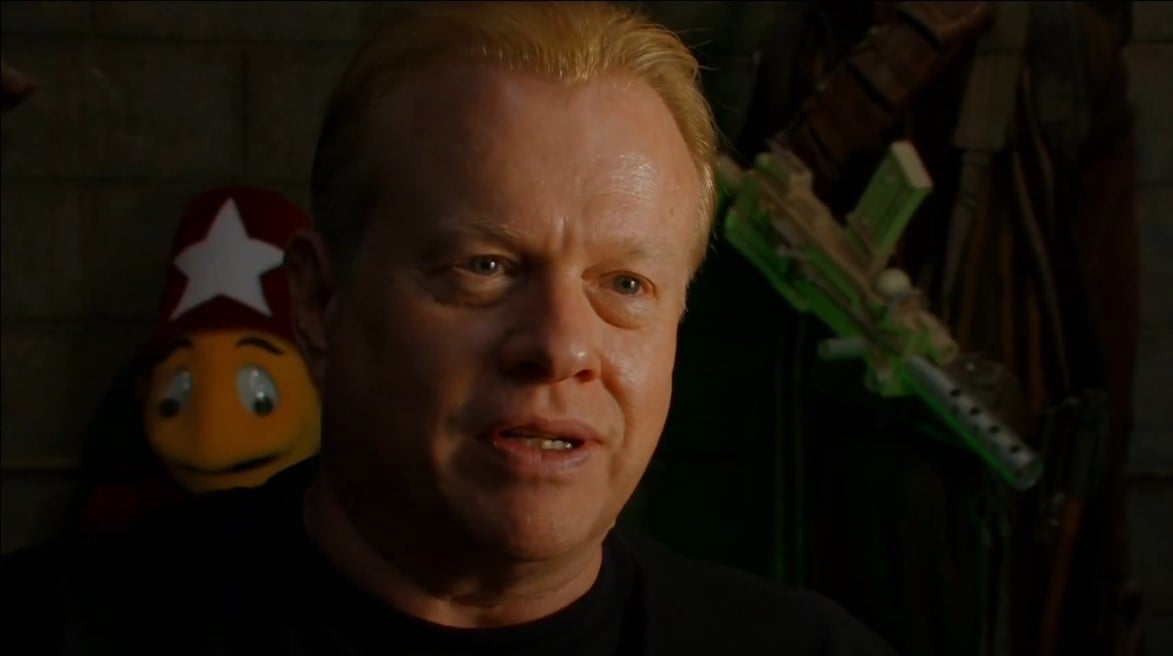
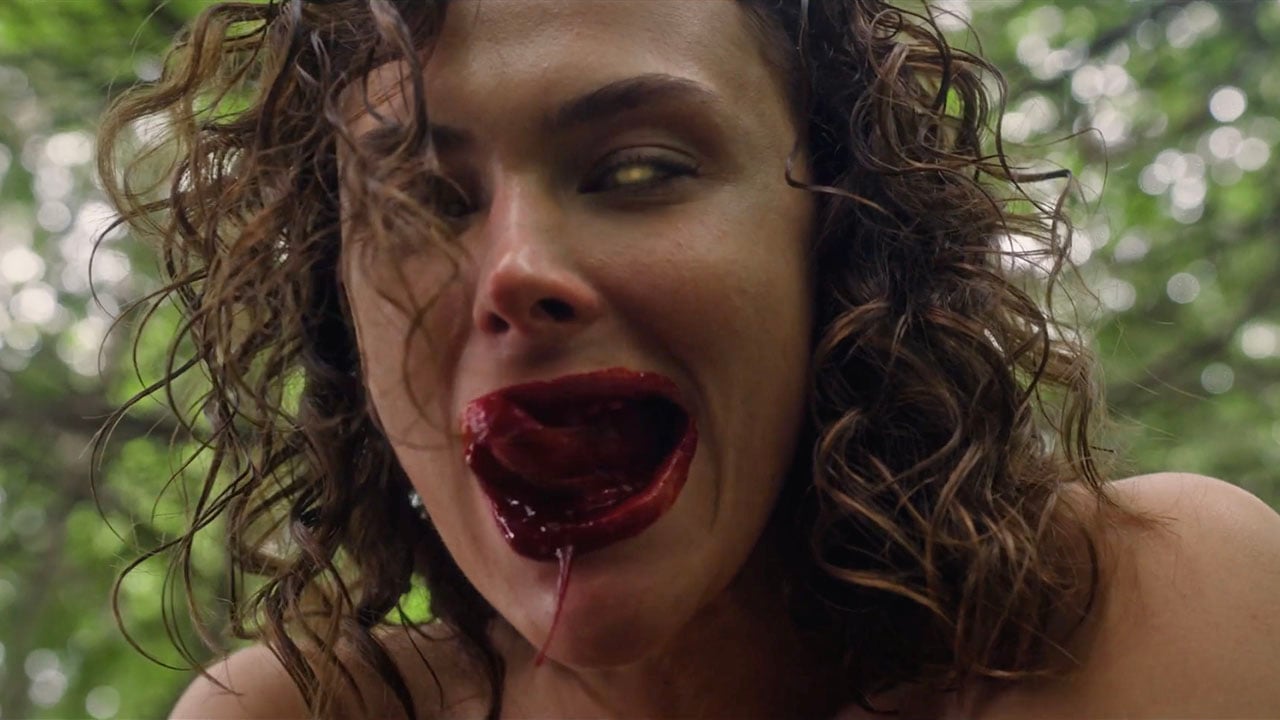














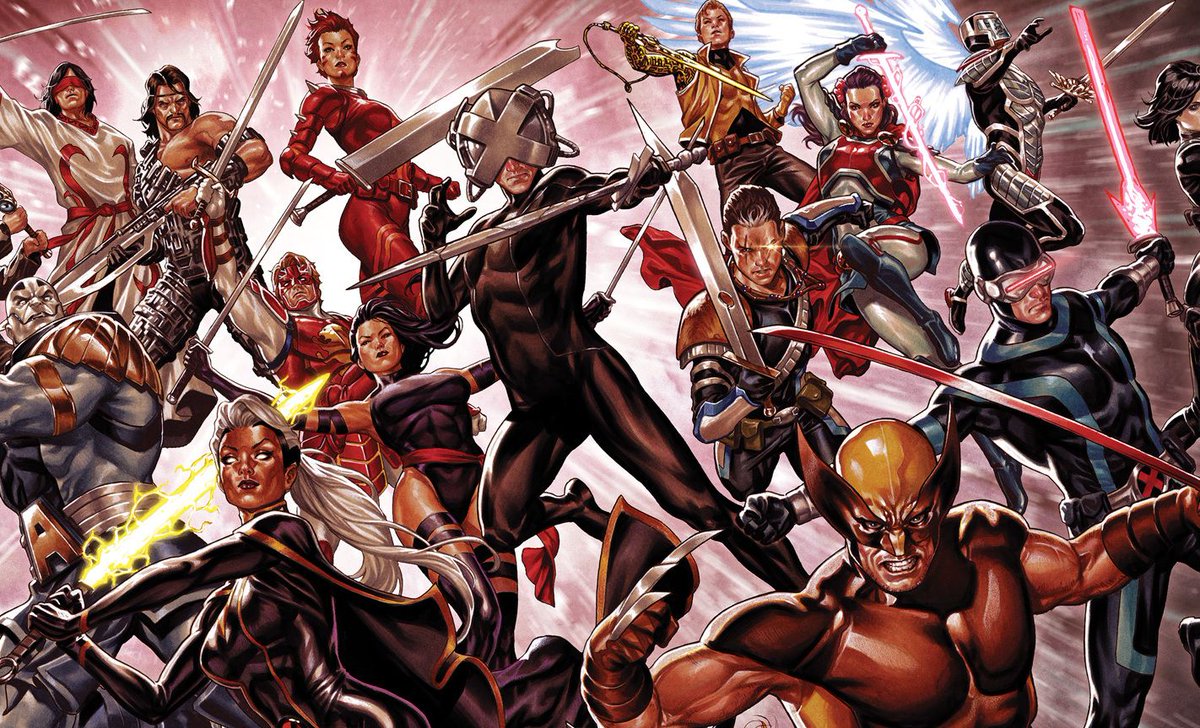
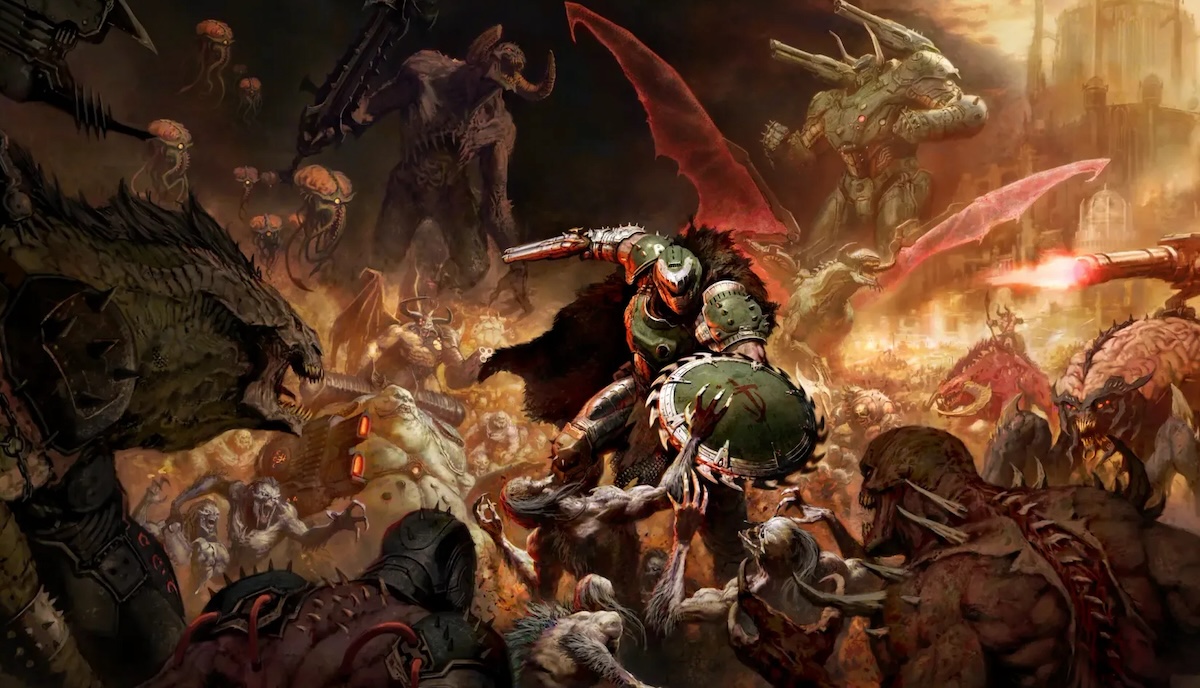





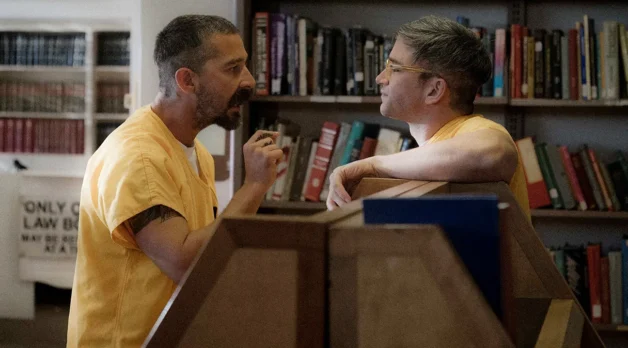











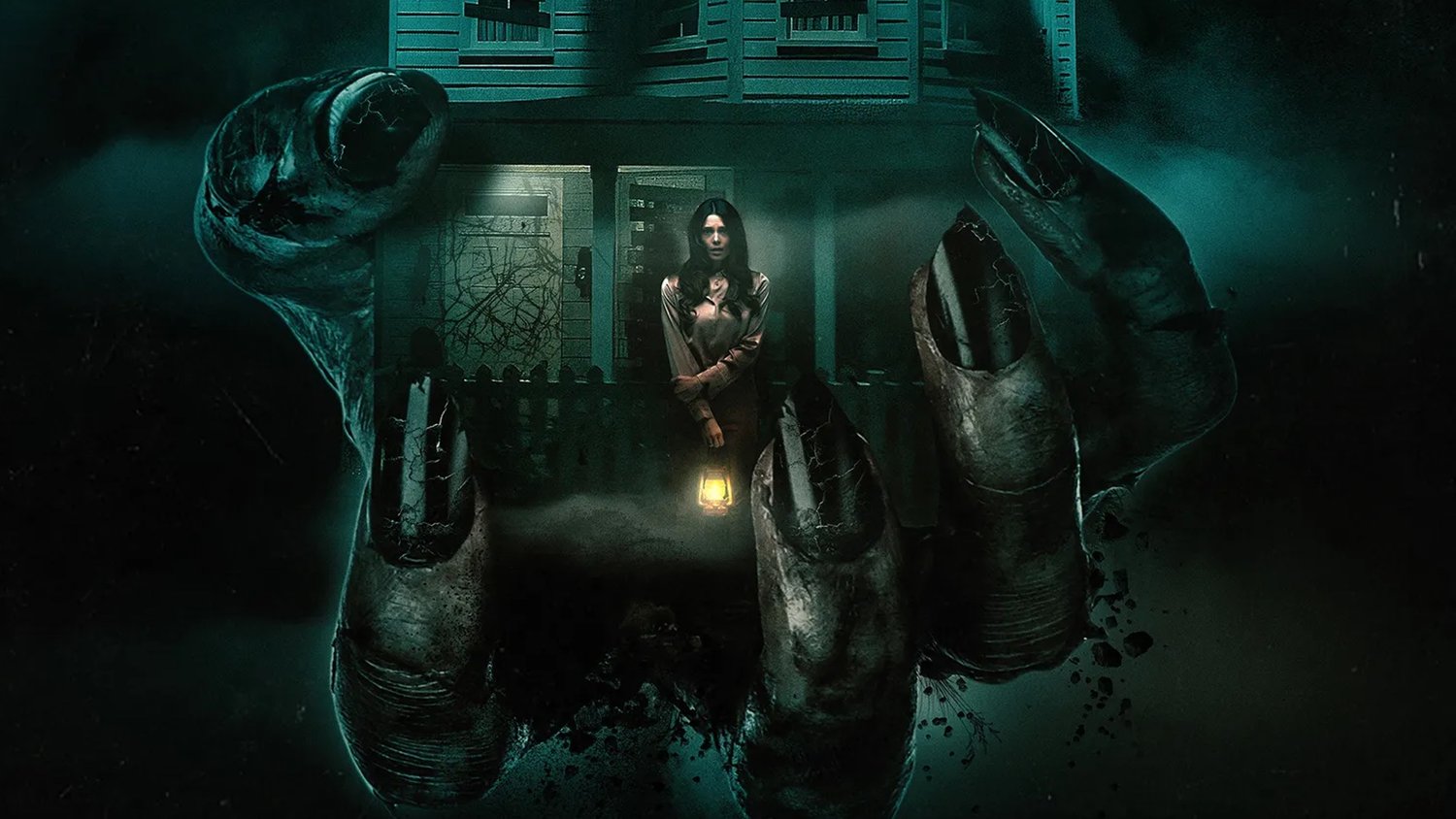
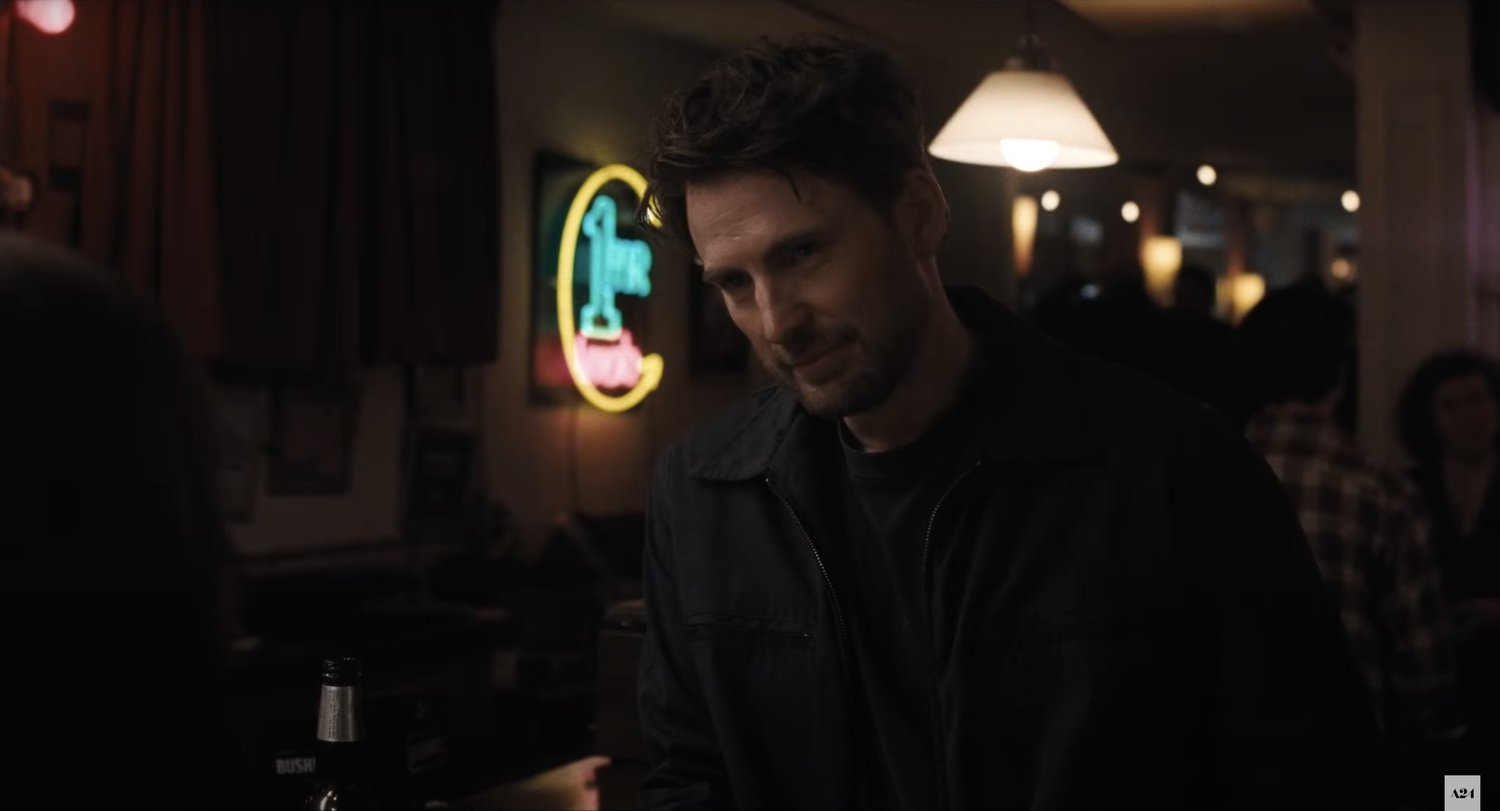
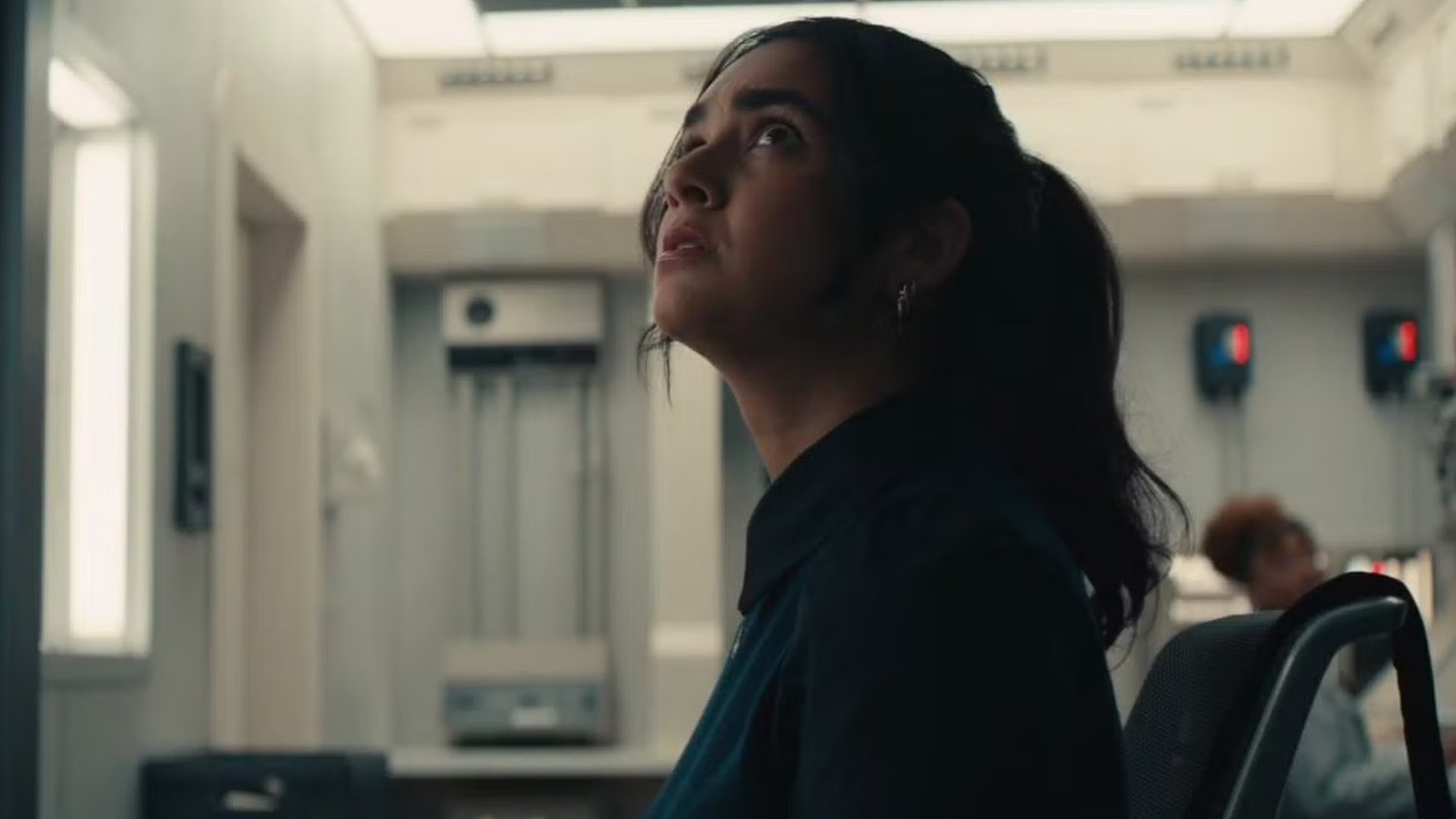
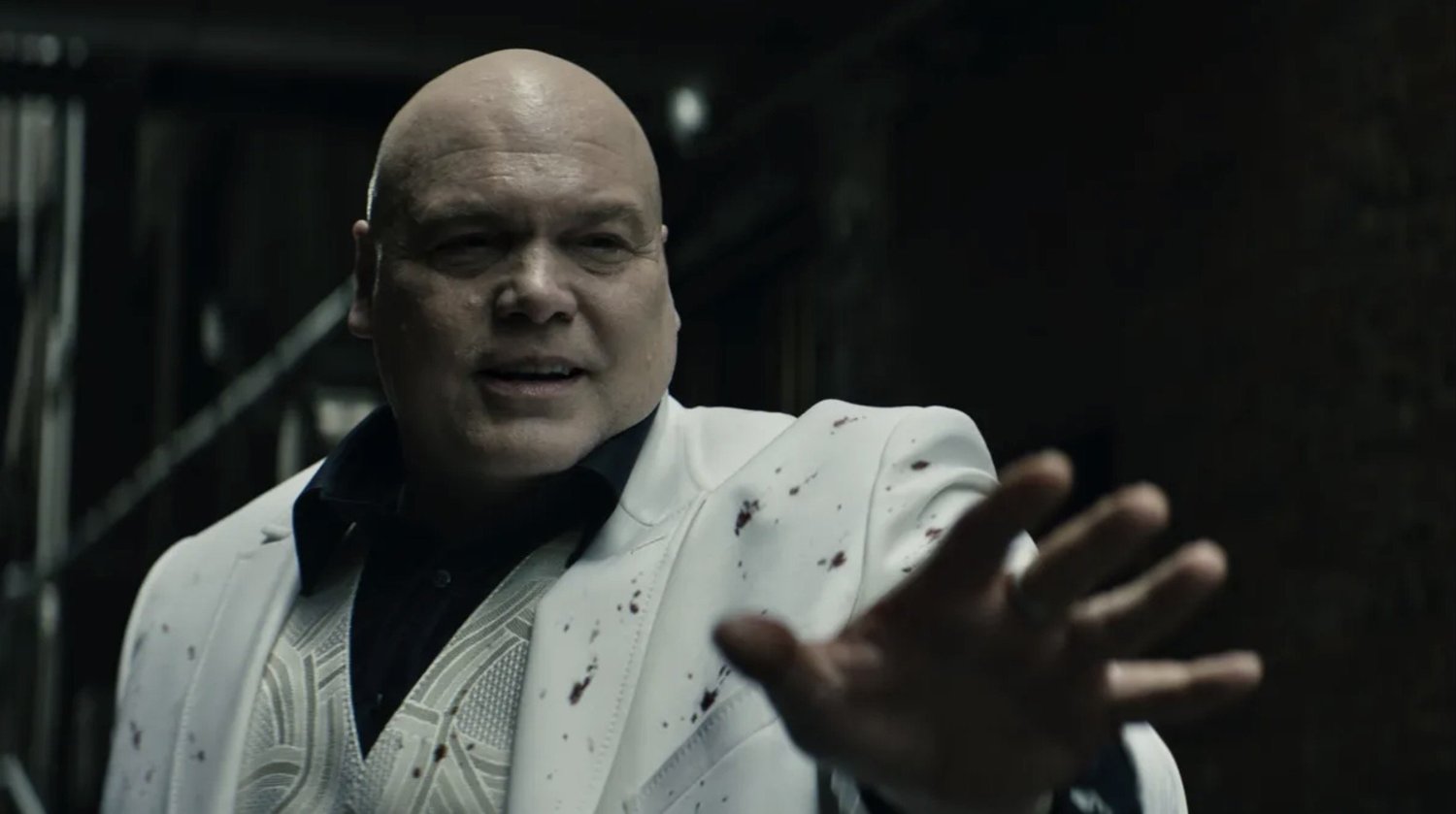











![Hollow Rendition [on SLEEPY HOLLOW]](https://jonathanrosenbaum.net/wp-content/uploads/2010/03/sleepy-hollow32.jpg)
![It All Adds Up [FOUR CORNERS]](https://jonathanrosenbaum.net/wp-content/uploads/2010/08/fourcorners.jpg)

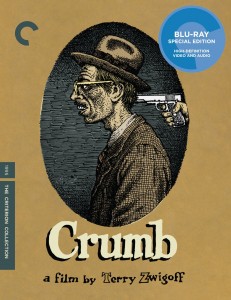
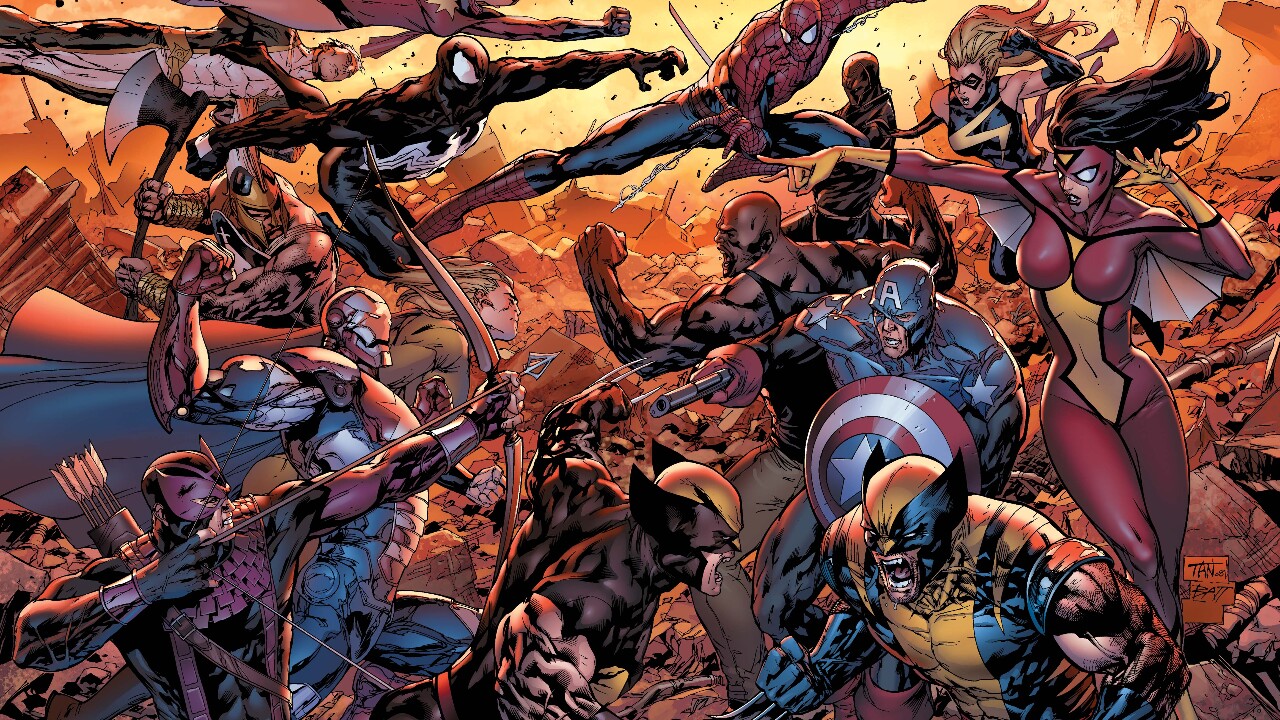
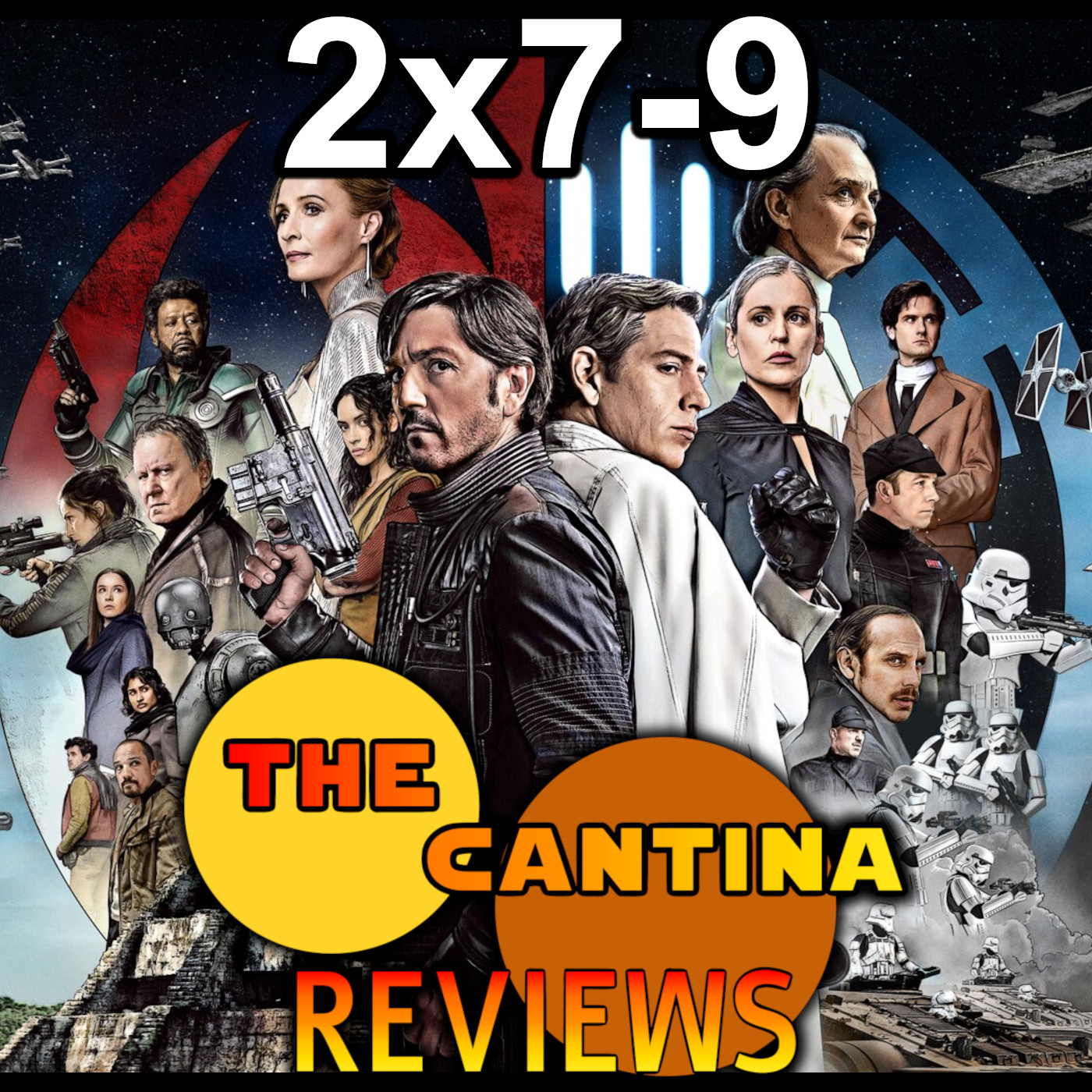
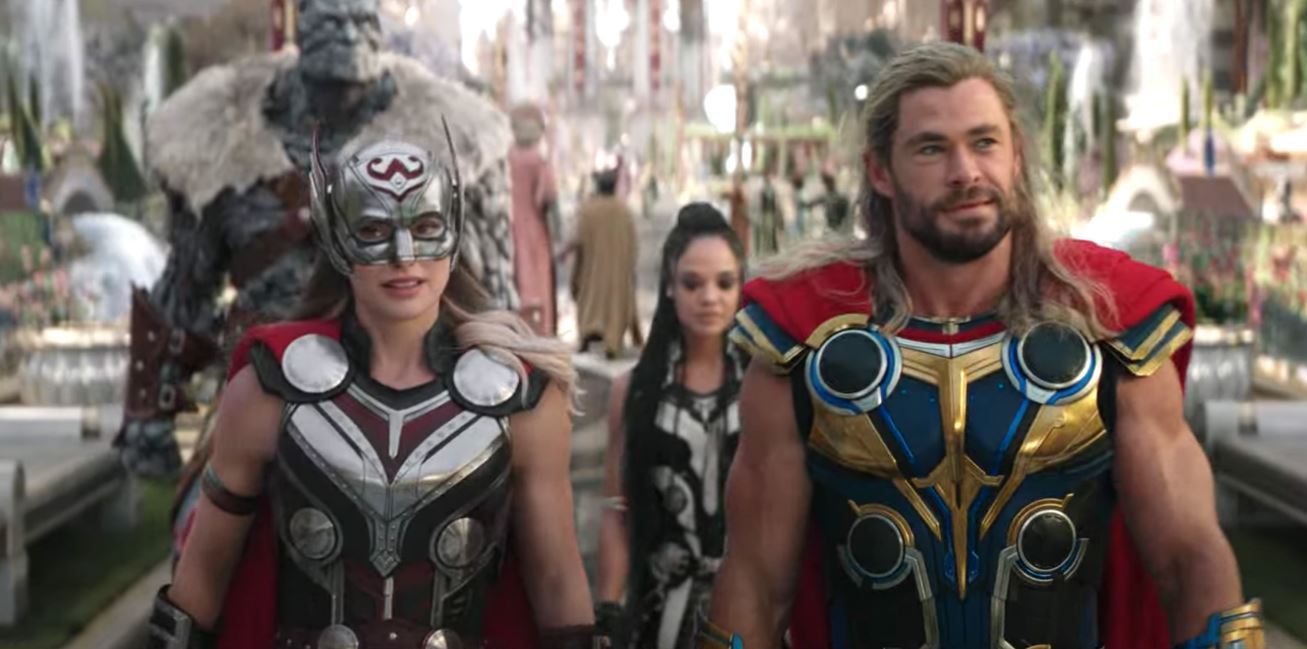
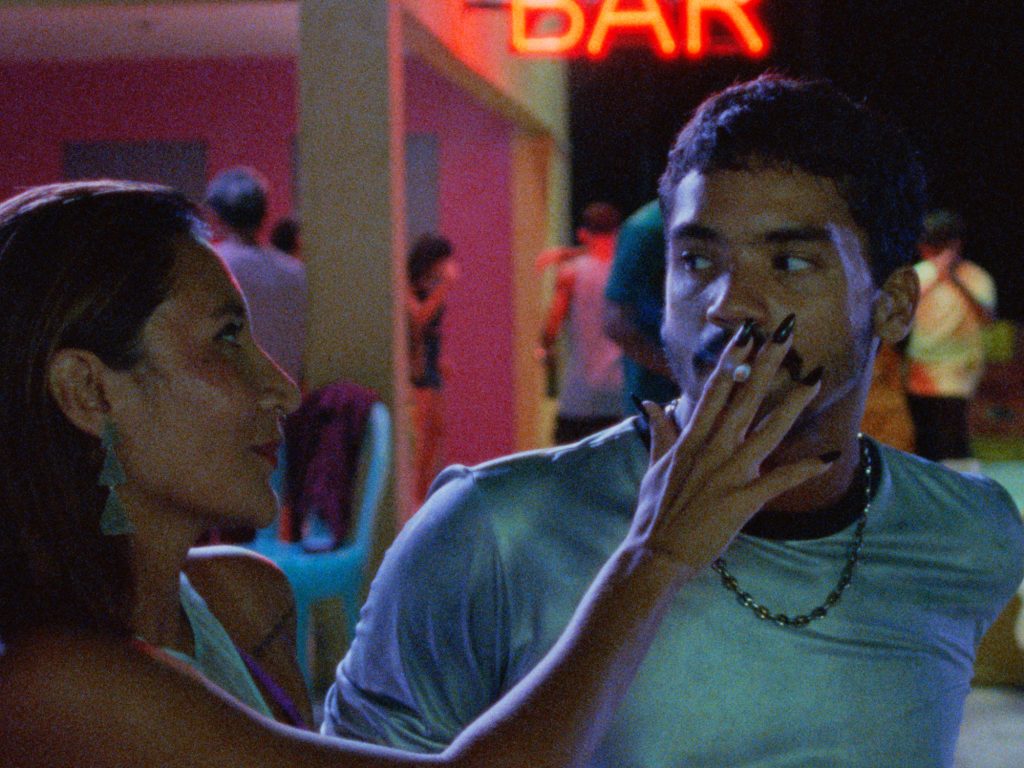

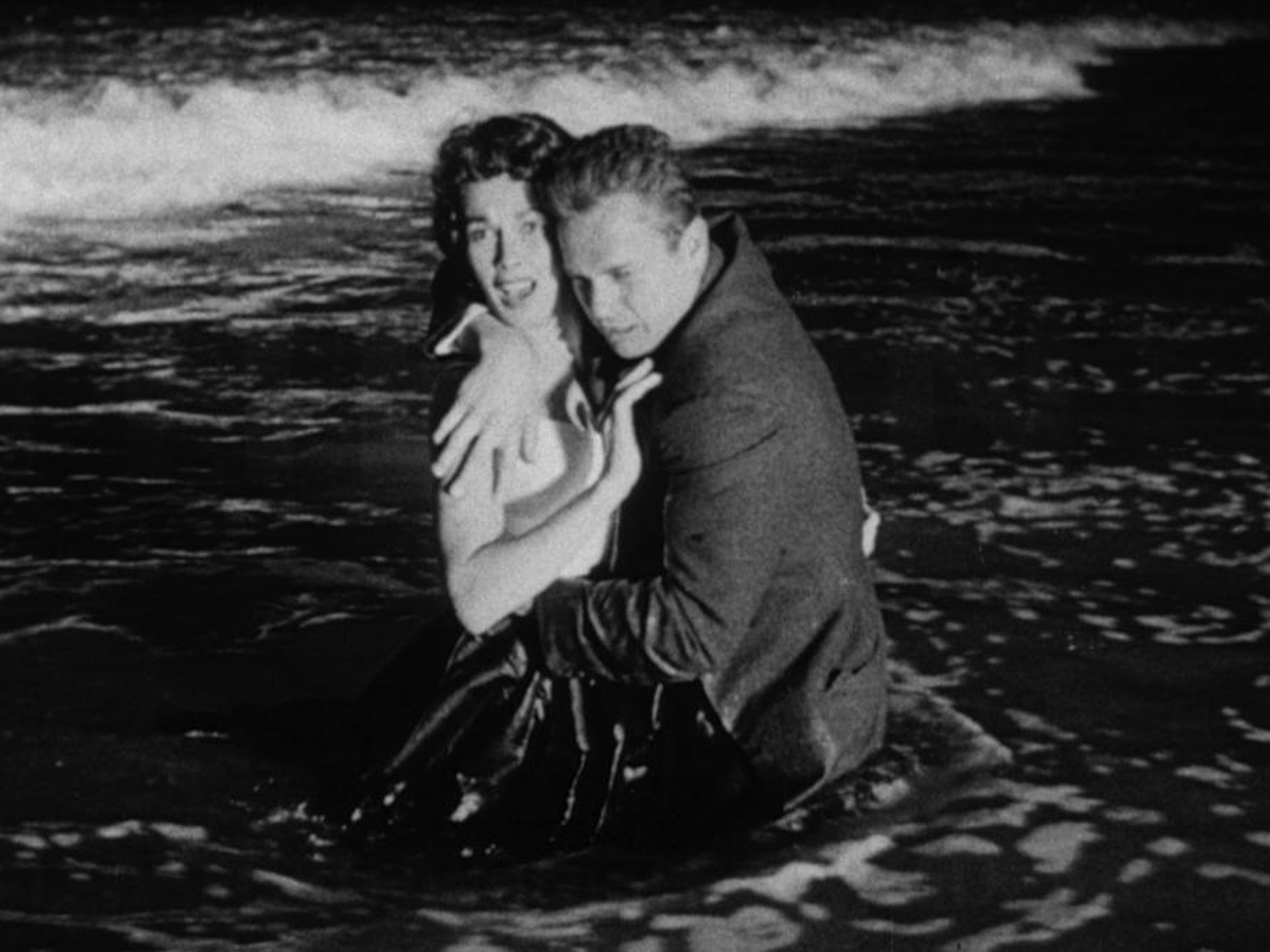










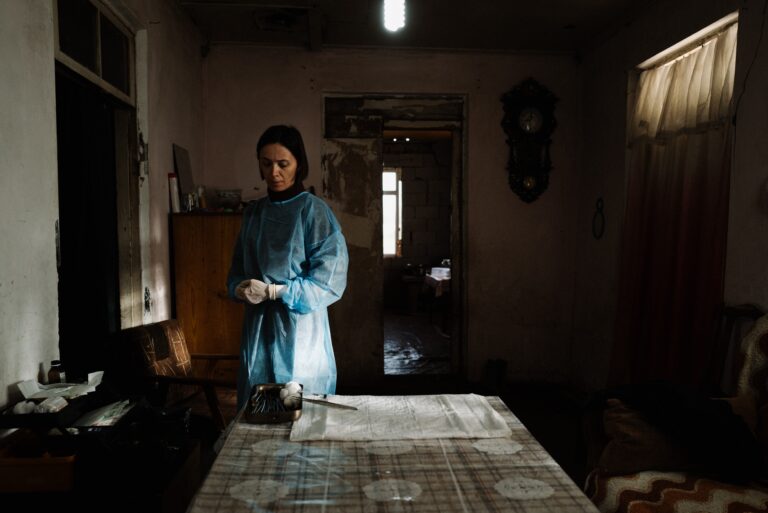




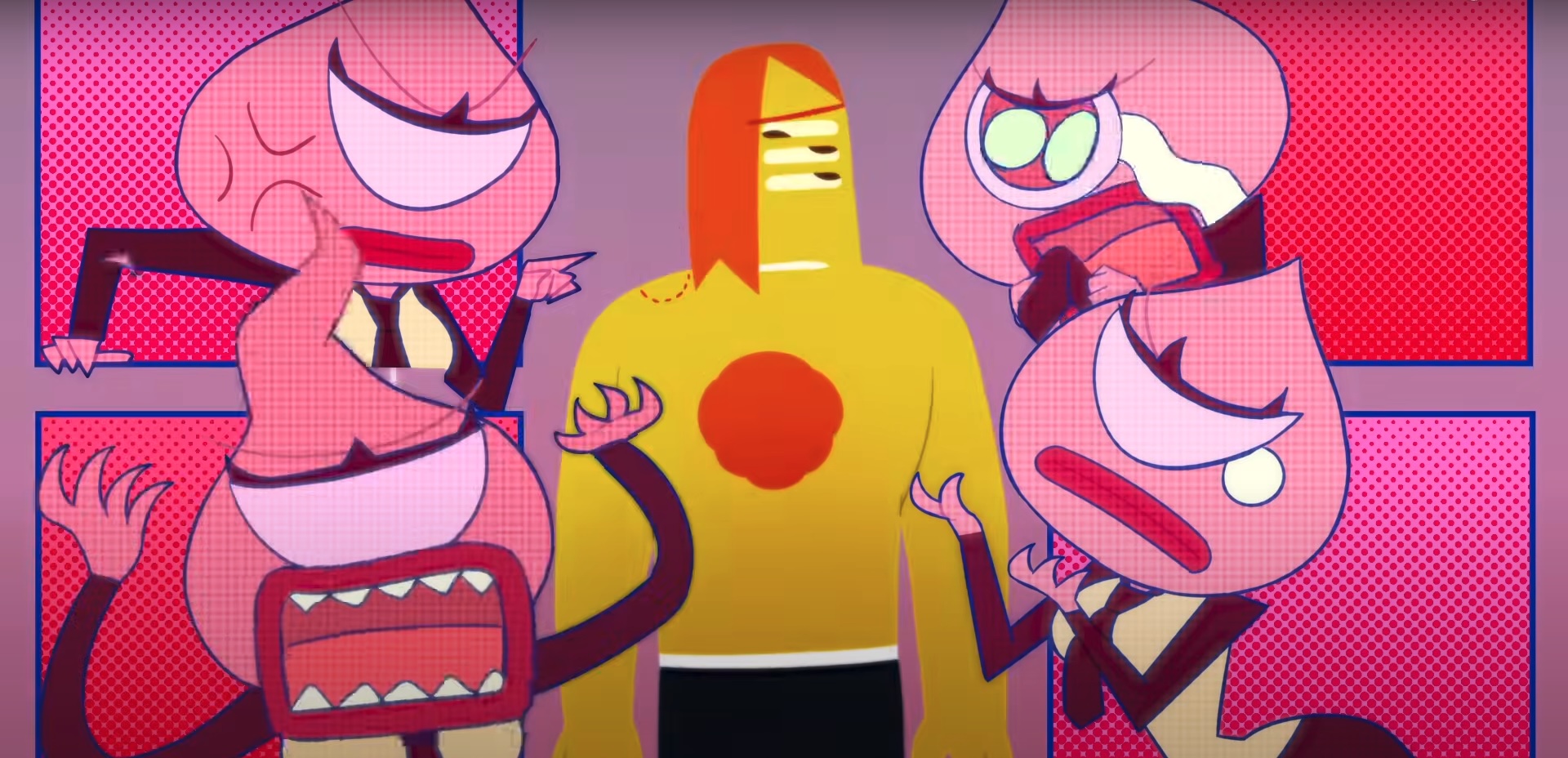

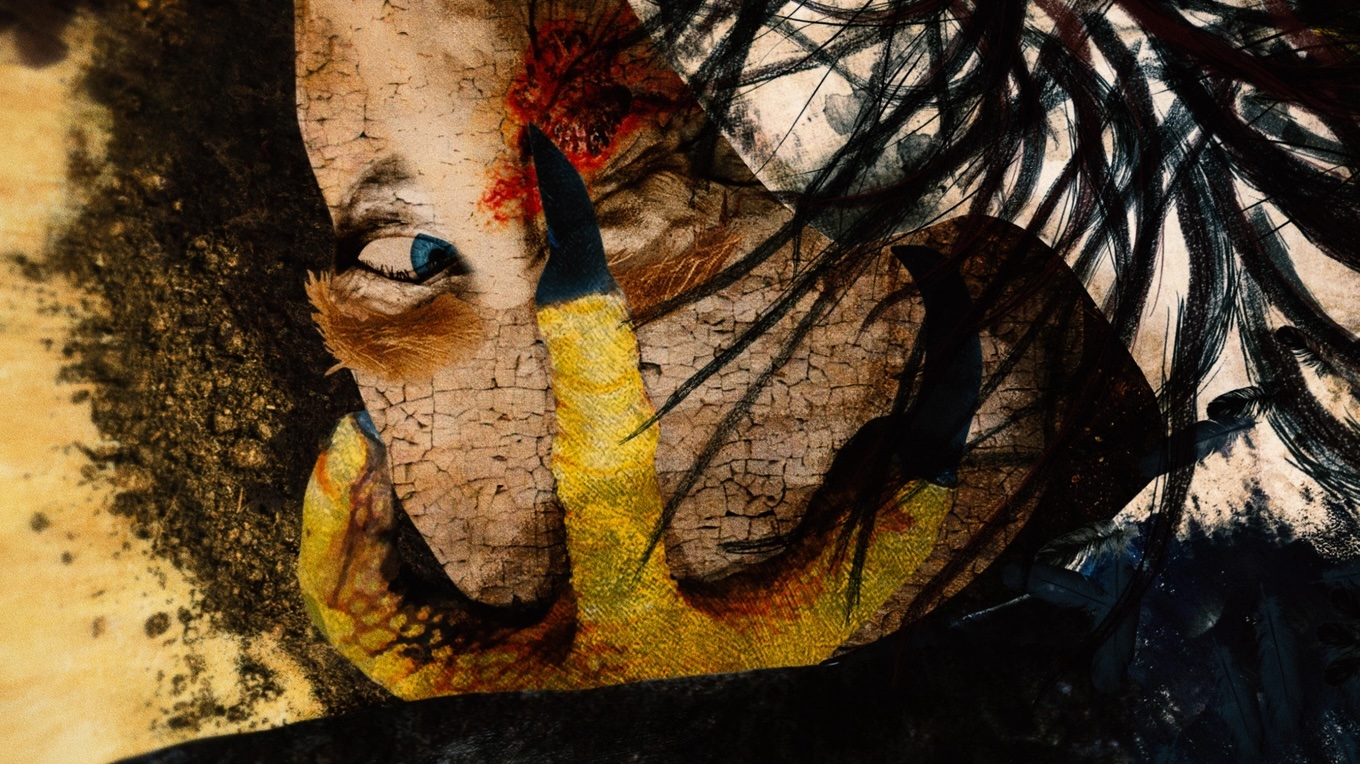
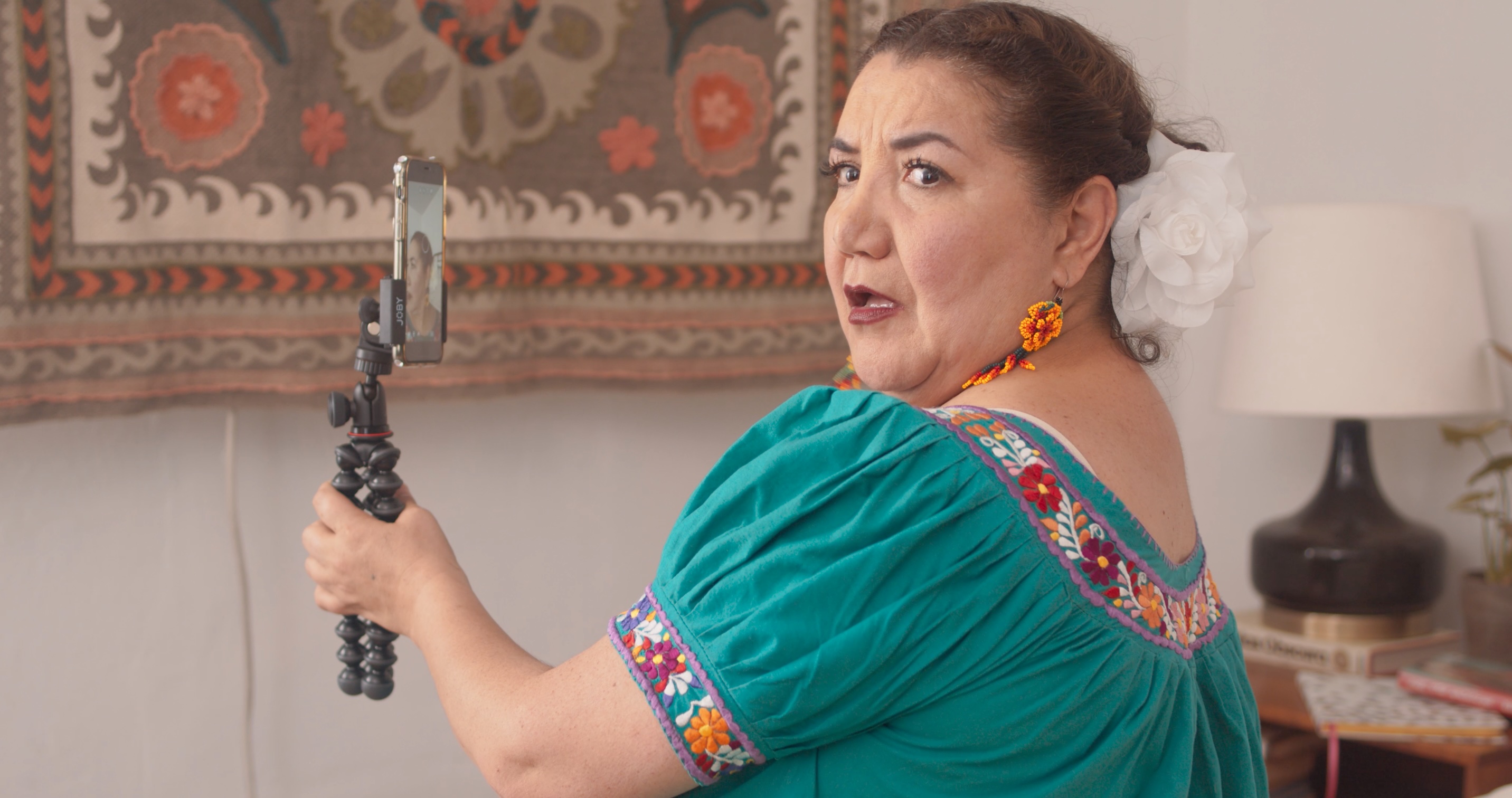
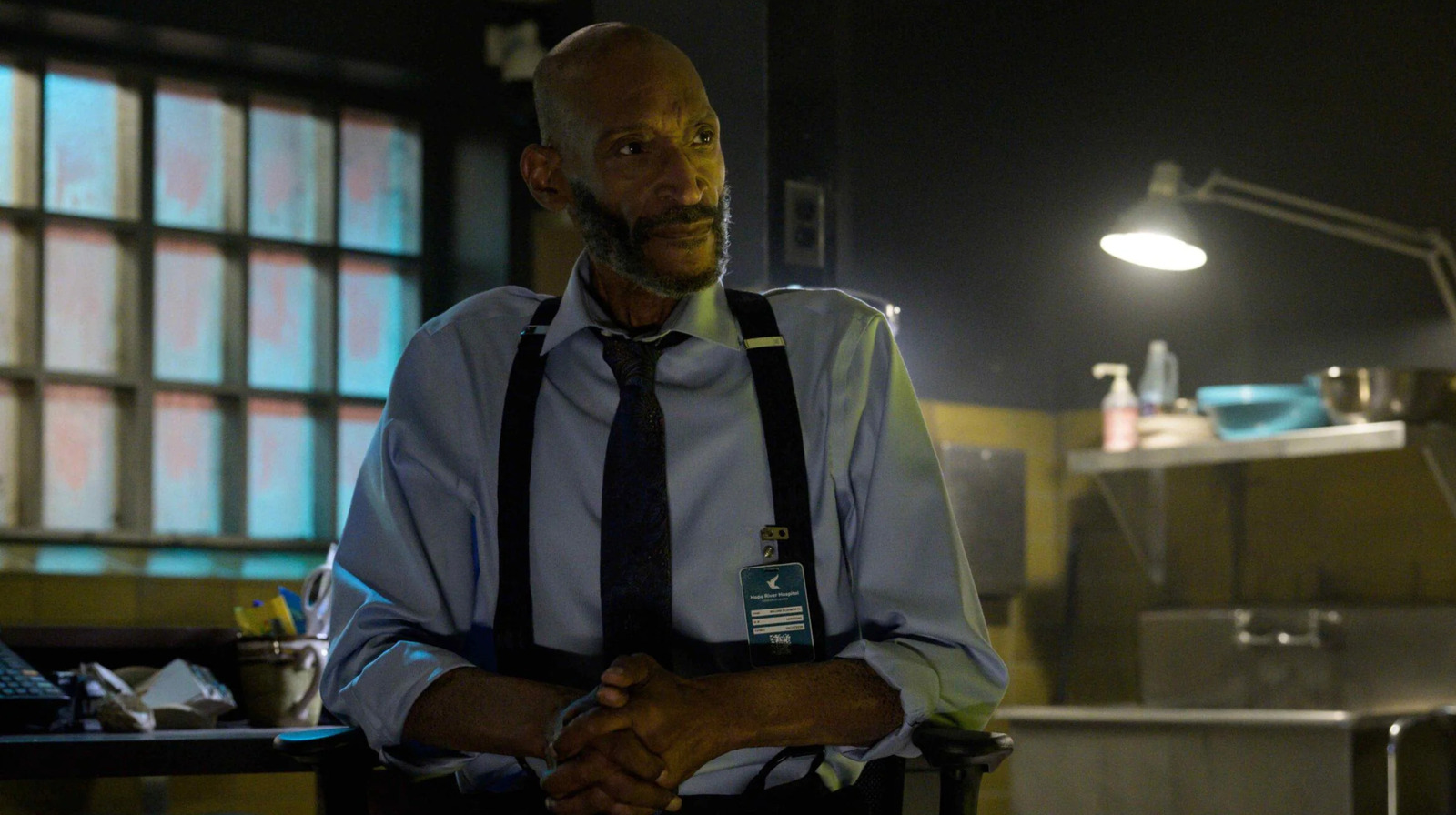
![David Zaslav Killed A TV Sequel To Tucker And Dale Vs. Evil; Here's What It Would Have Been About [Exclusive]](https://www.slashfilm.com/img/gallery/david-zaslav-killed-a-tv-sequel-to-tucker-and-dale-vs-evil-heres-what-it-would-have-been-about-exclusive/l-intro-1746813804.jpg?#)
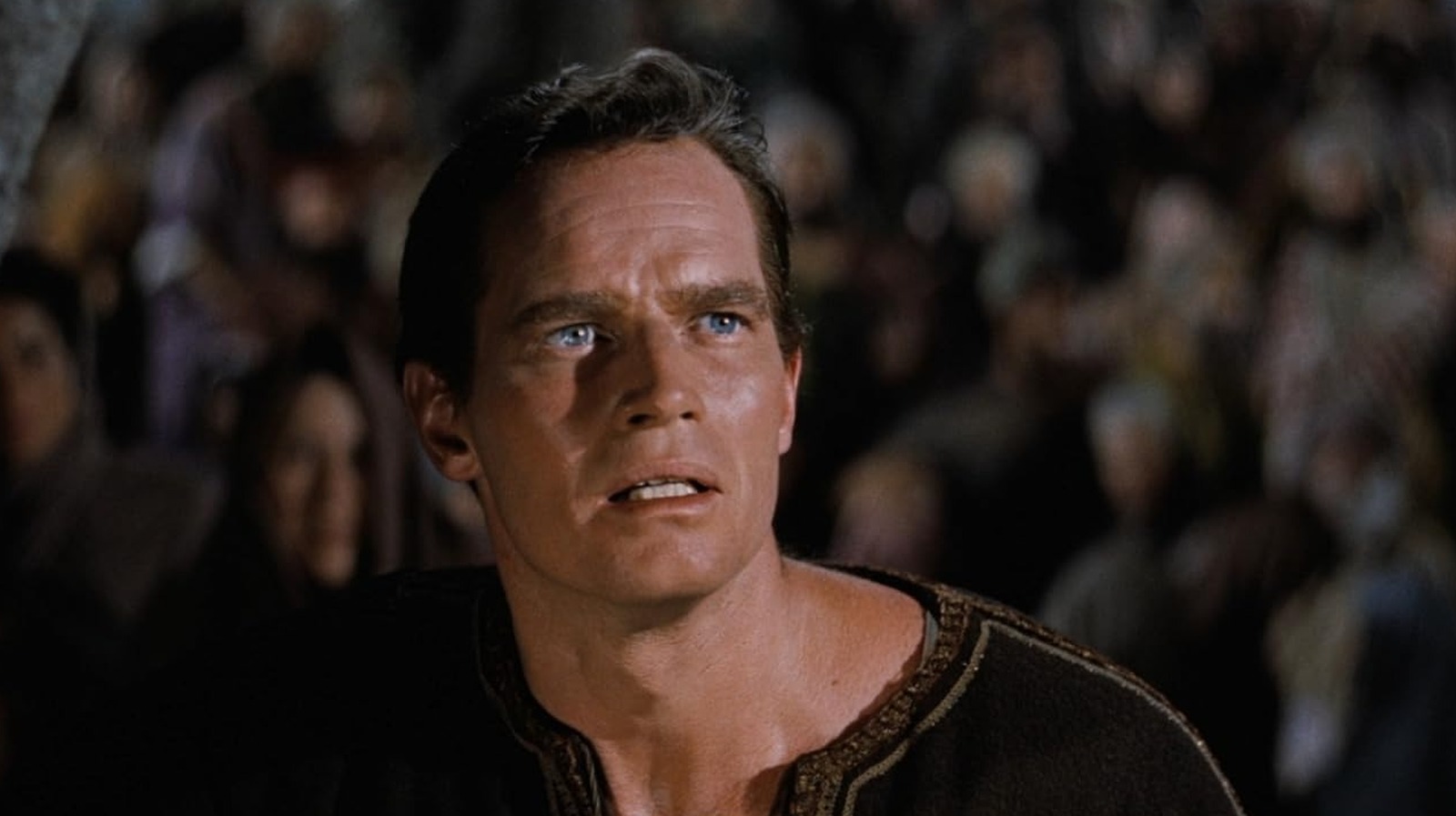
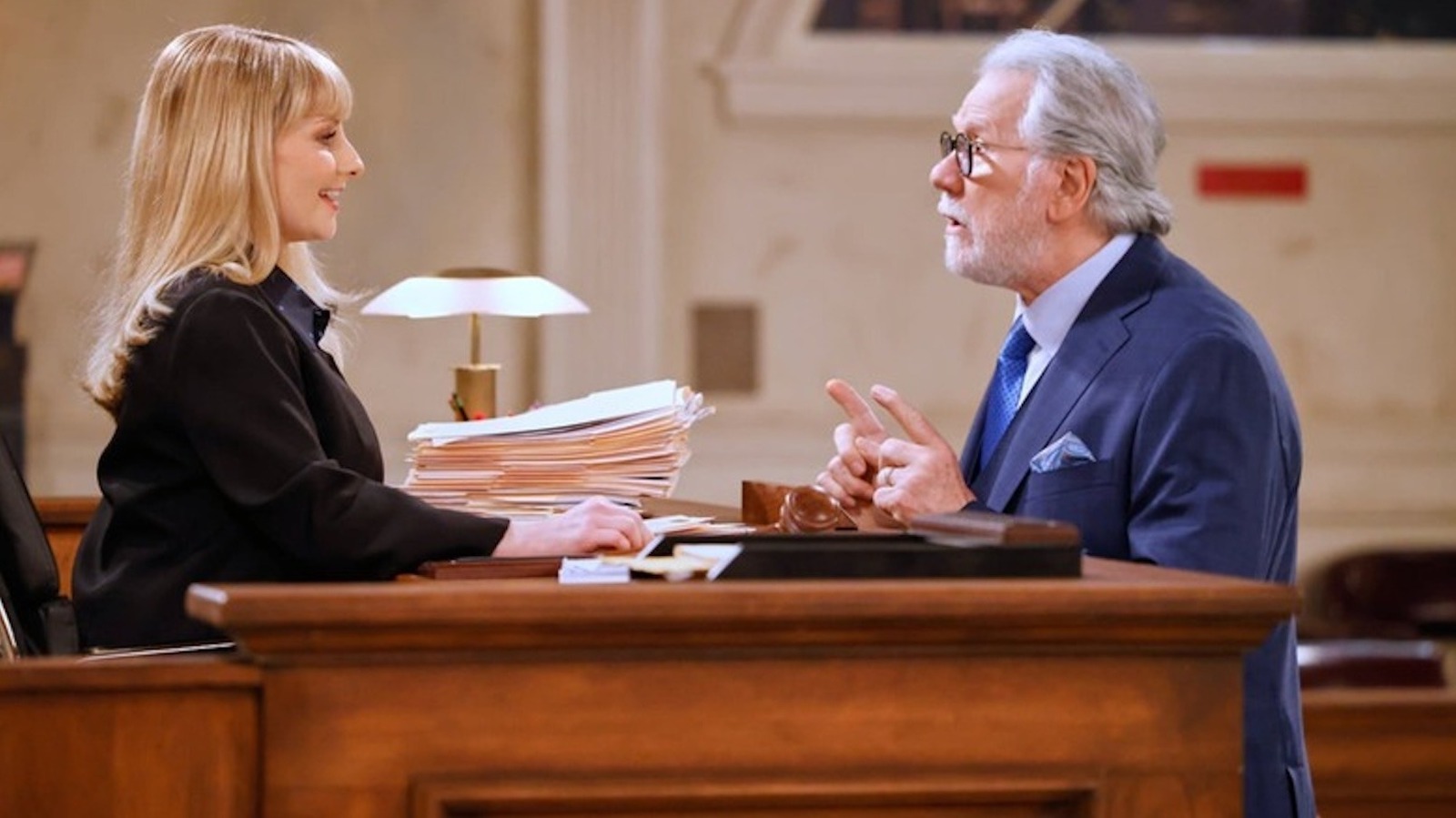




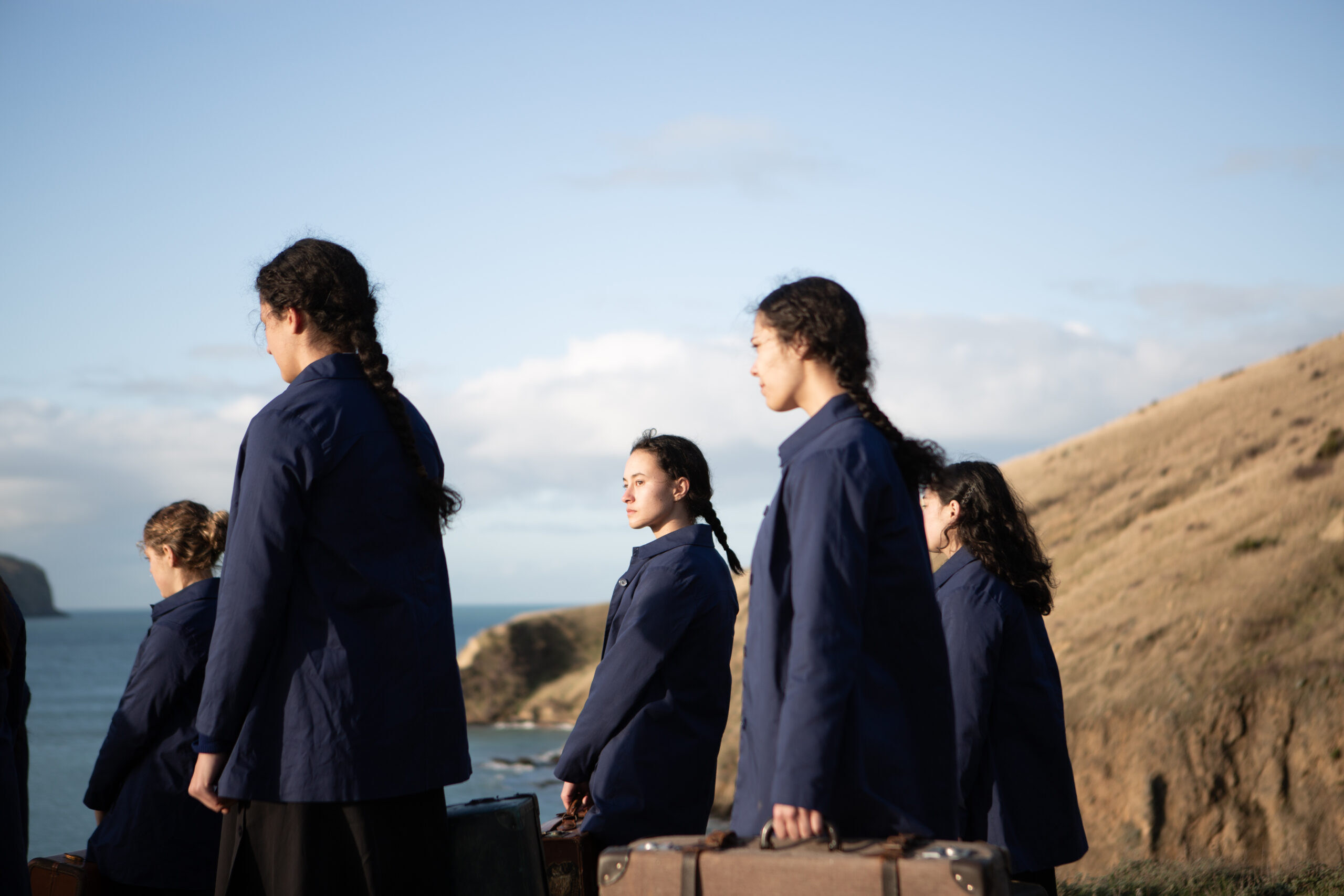

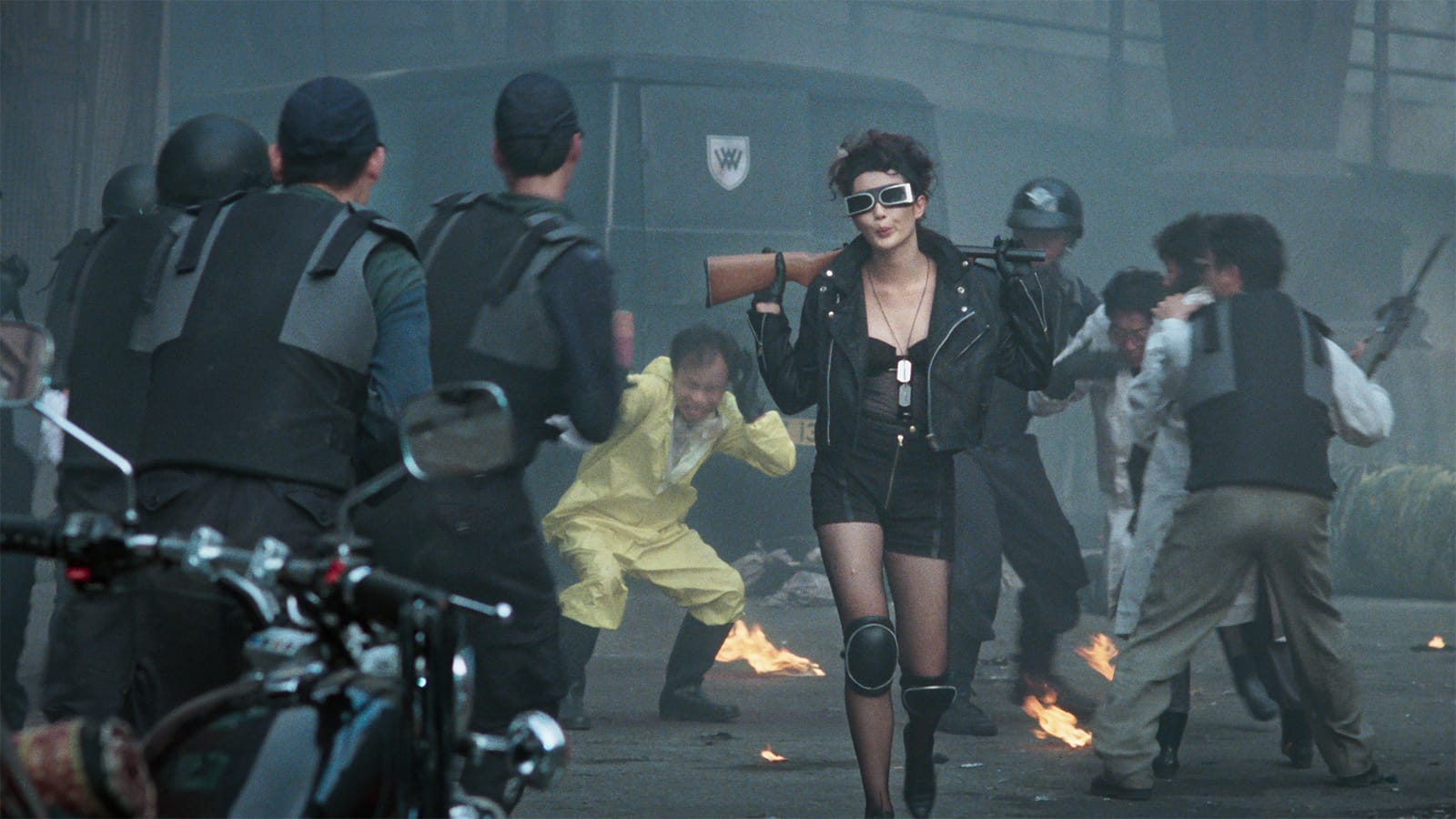



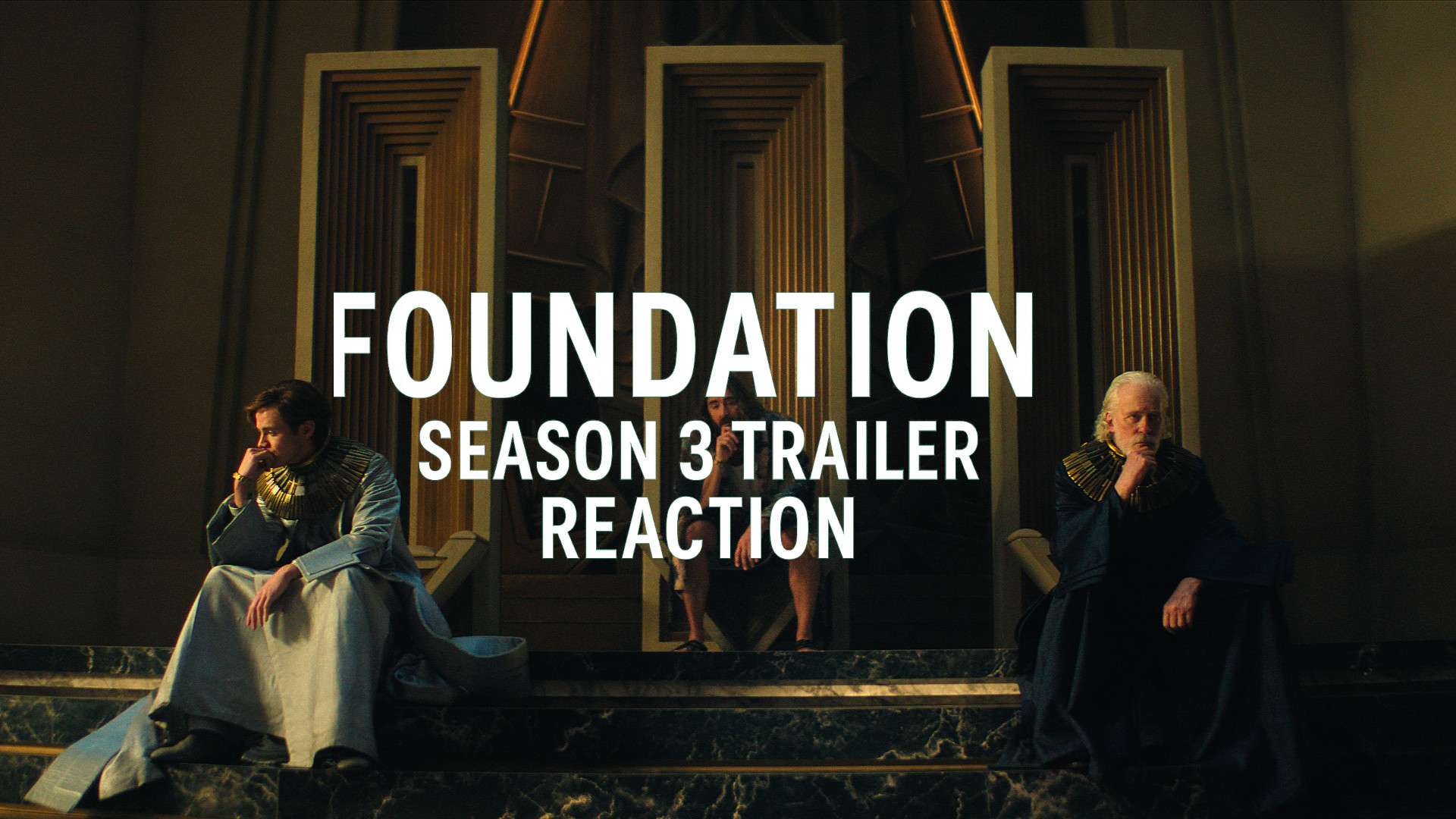

![Natasha Rothwell Pitched Belinda’s Big Moment In ‘The White Lotus’ Season 3 [Interview]](https://cdn.theplaylist.net/wp-content/uploads/2025/05/09171530/NatashaRothwellWhiteLotusSeason2.jpg)
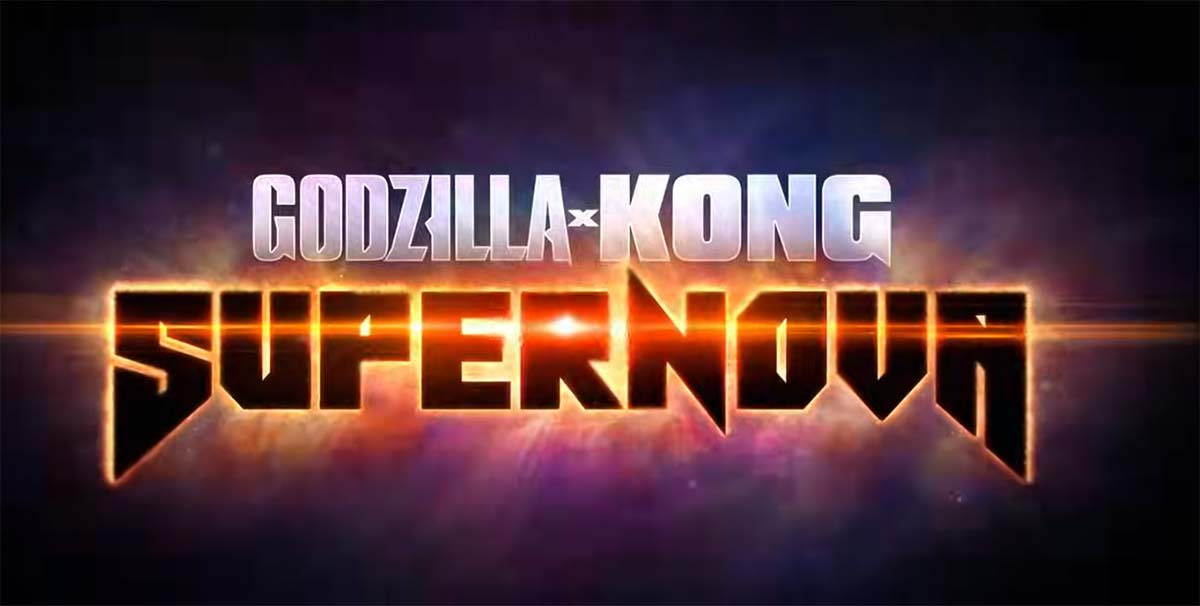


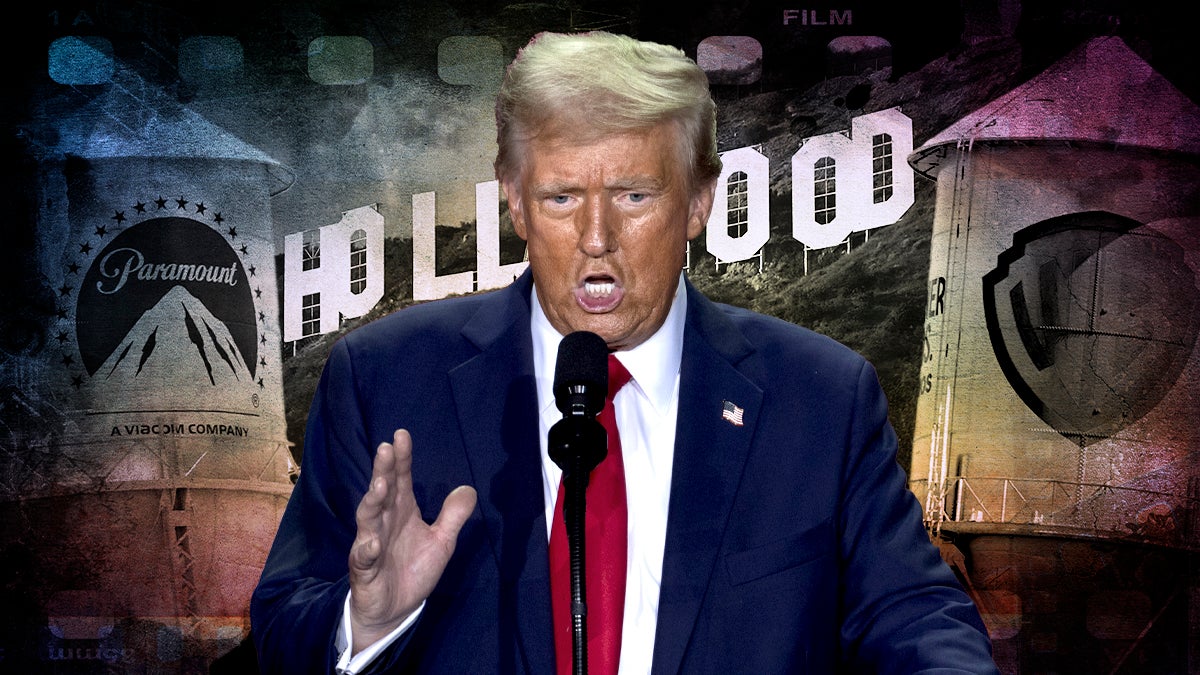
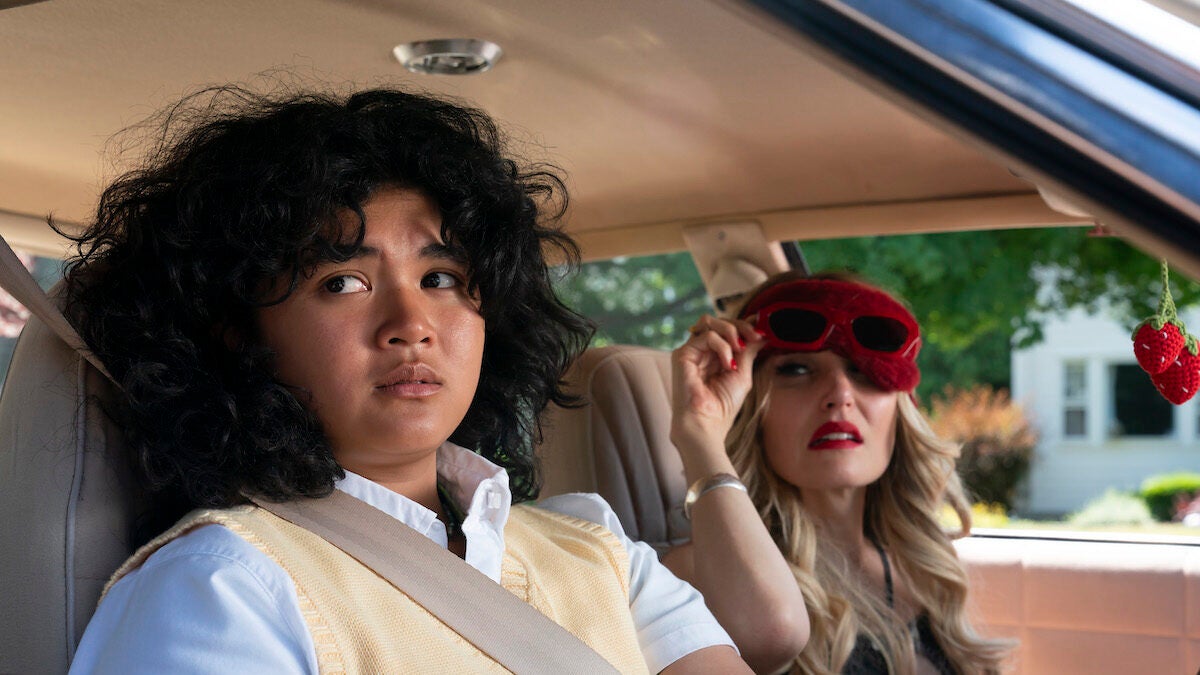

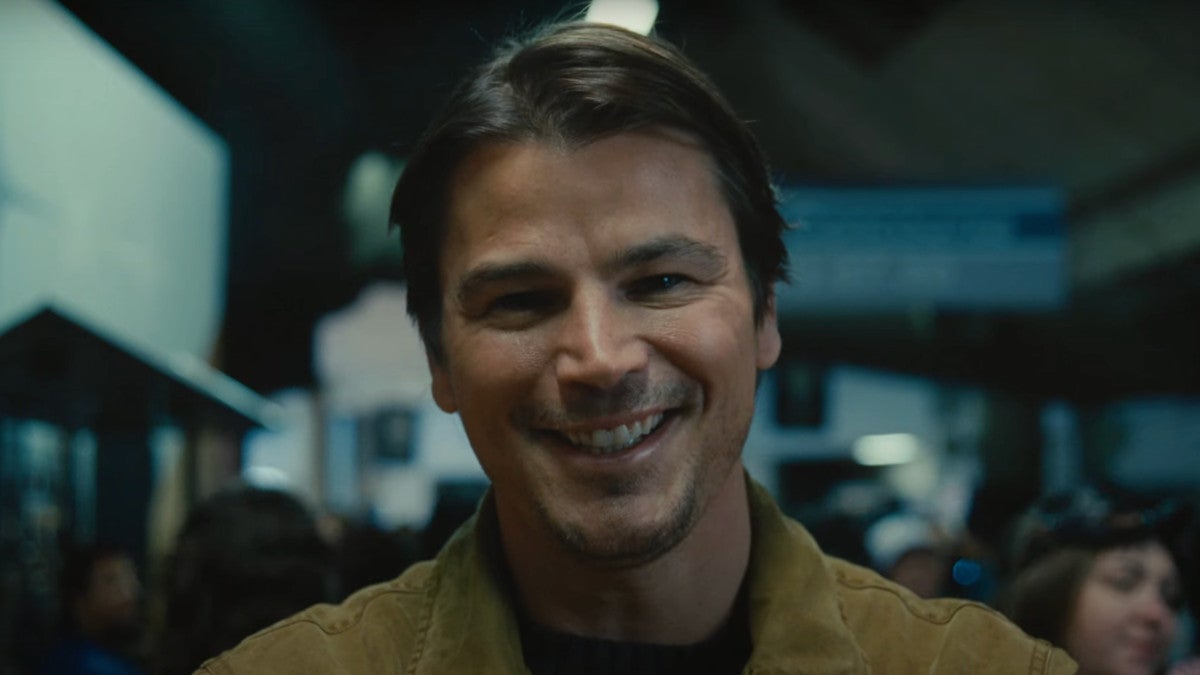


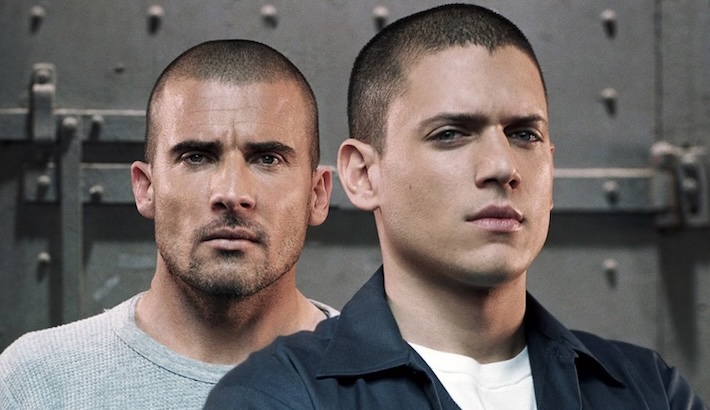







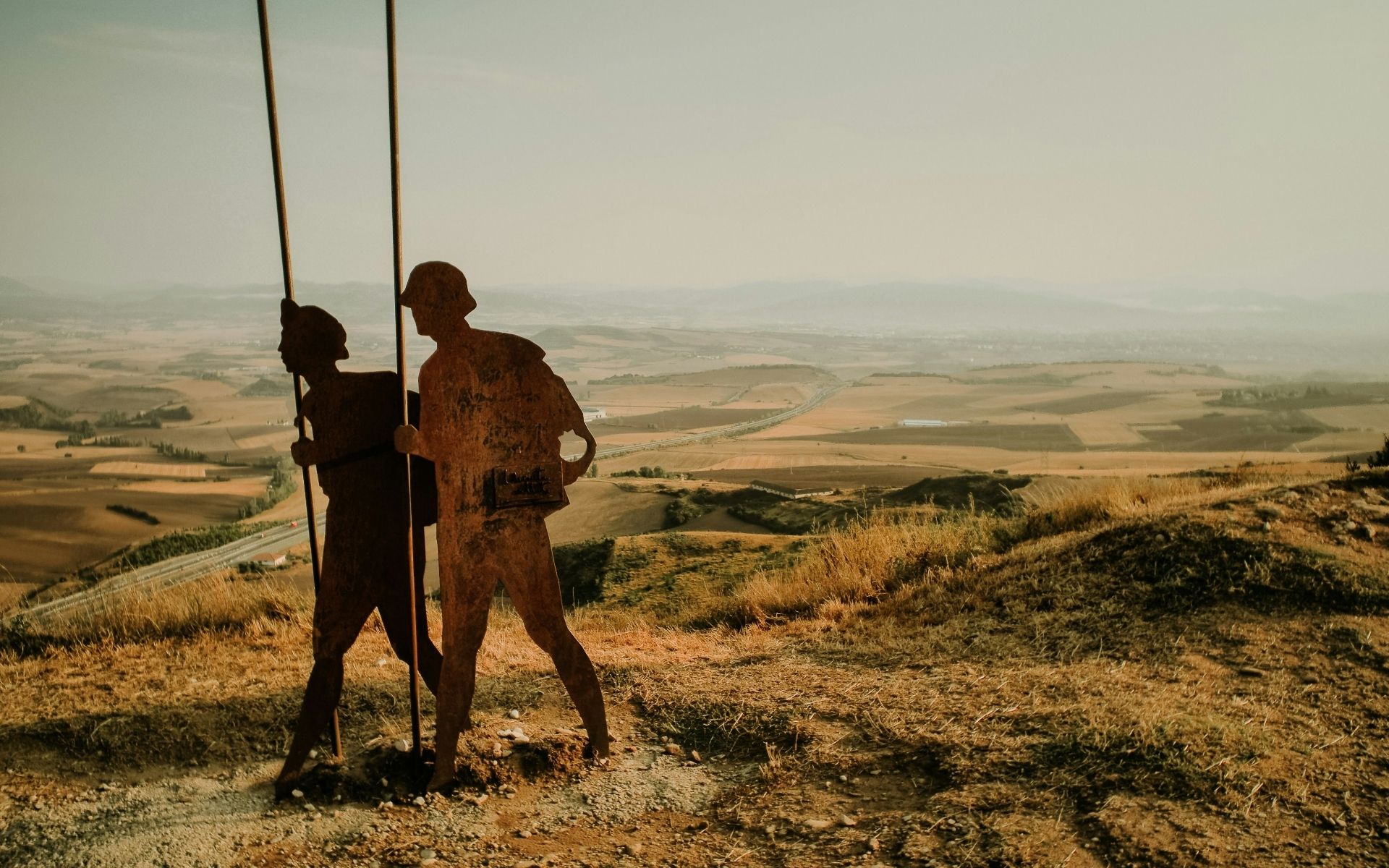







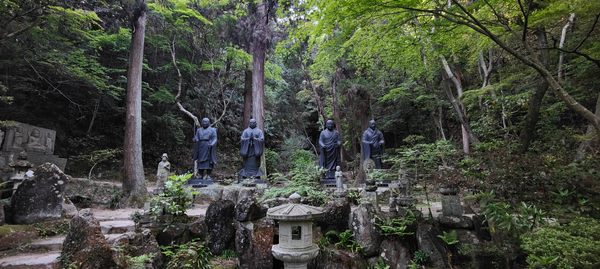





















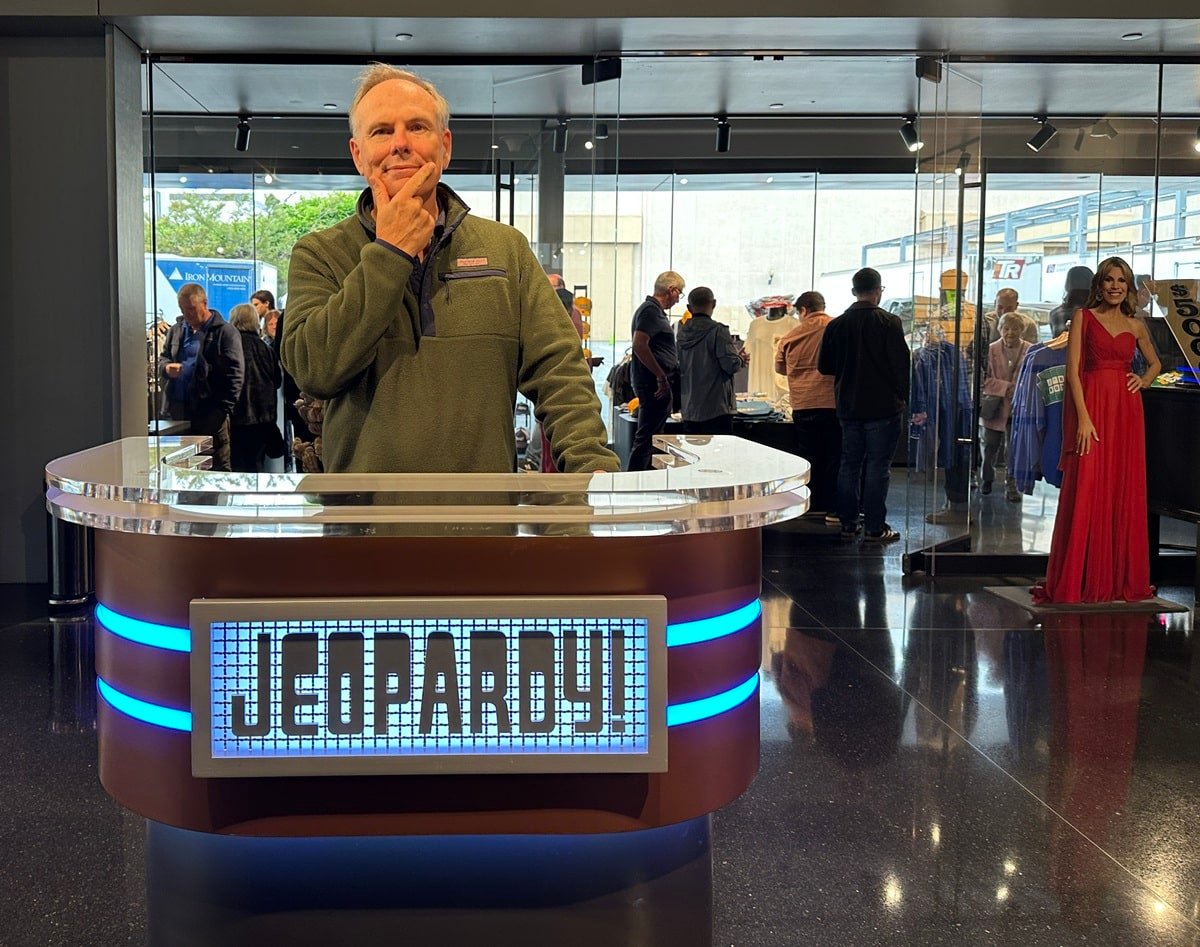




























































![American Airlines Passenger Shocked By What Basic Economy Didn’t Include [Roundup]](https://viewfromthewing.com/wp-content/uploads/2025/05/american-airlines-do-not-occupy-seats.jpg?#)



















-Nintendo-Switch-2-Hands-On-Preview-Mario-Kart-World-Impressions-&-More!-00-10-30.png?width=1920&height=1920&fit=bounds&quality=70&format=jpg&auto=webp#)



















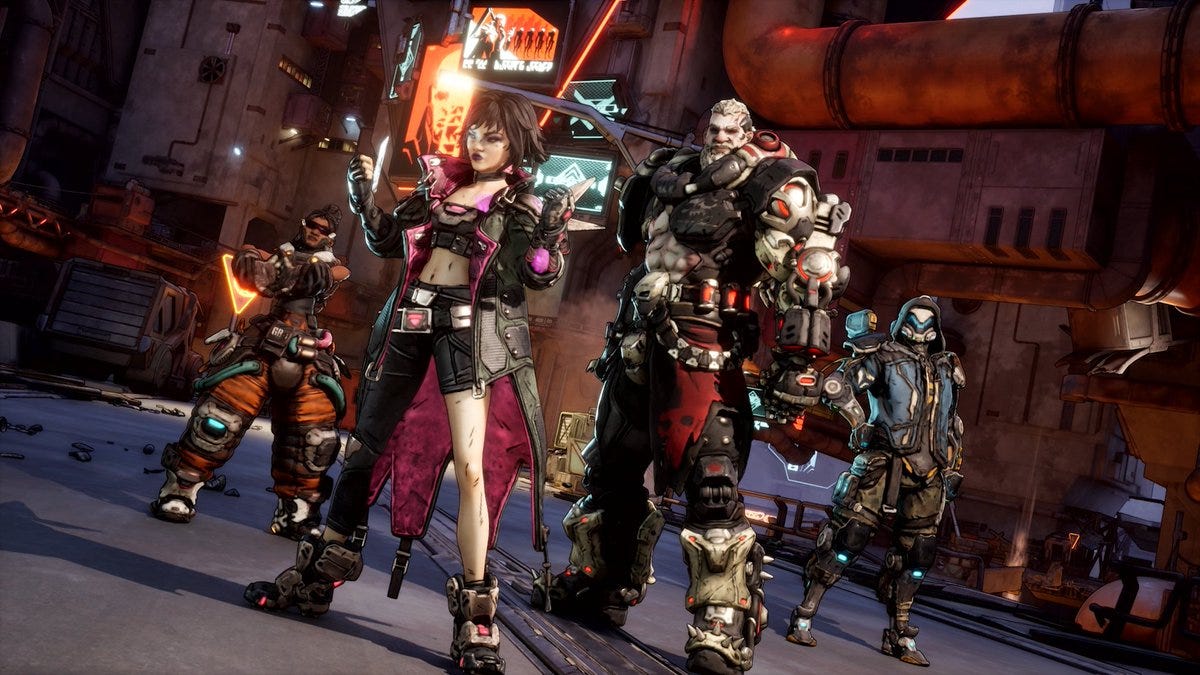
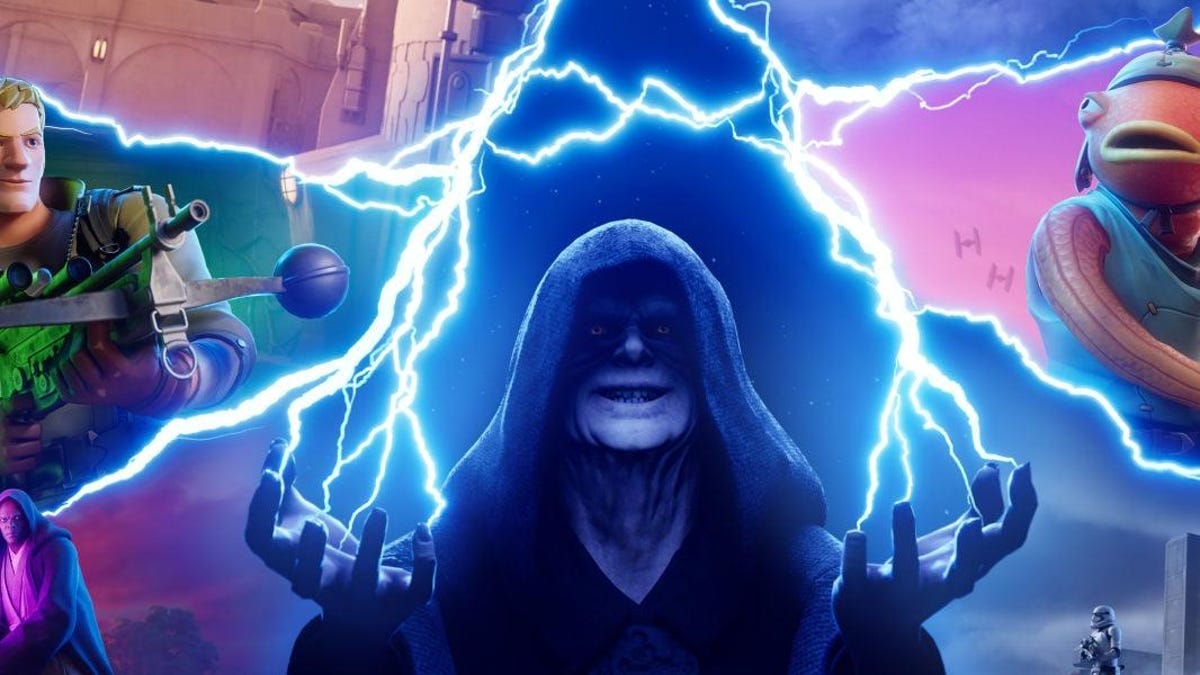





















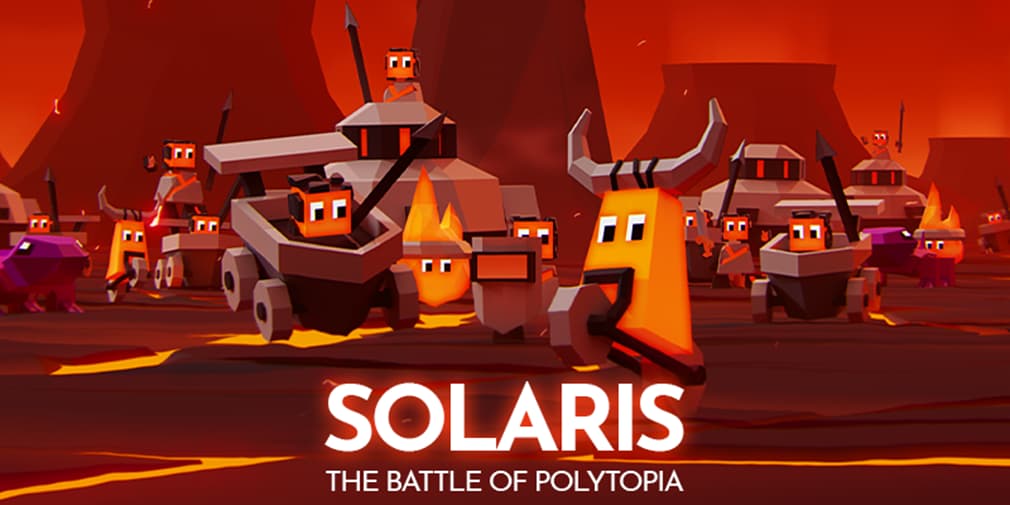






.jpg?width=1920&height=1920&fit=bounds&quality=70&format=jpg&auto=webp#)
